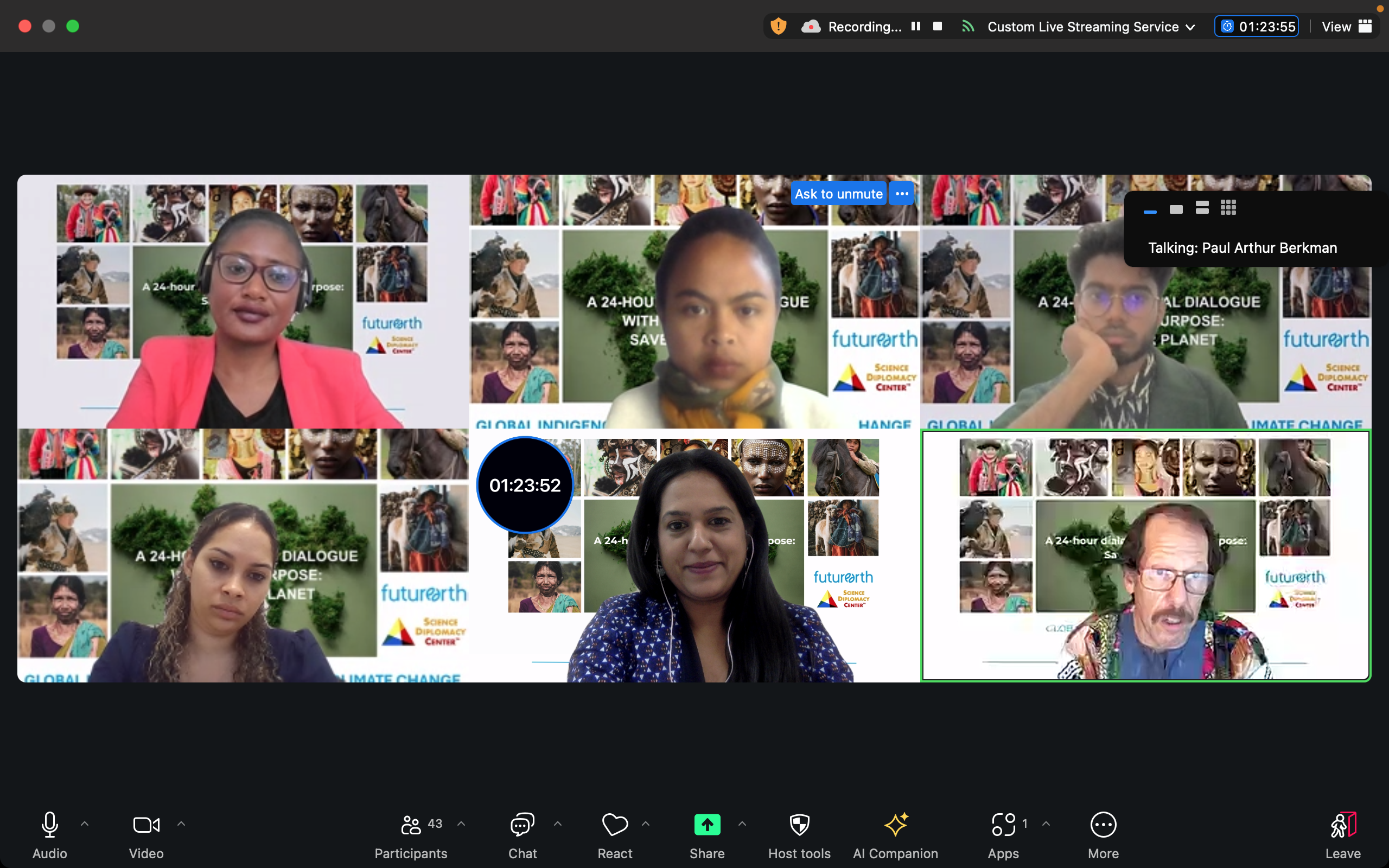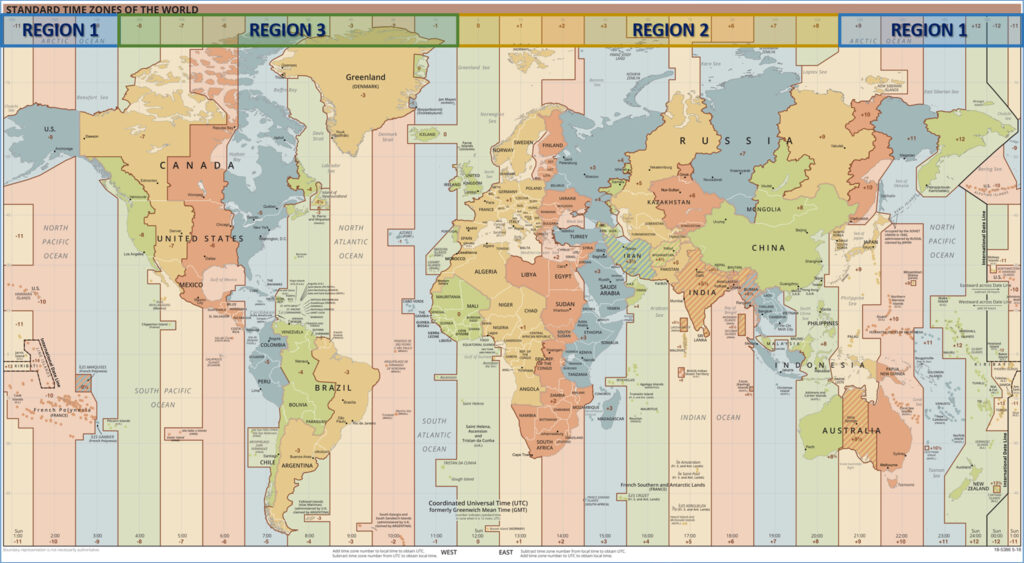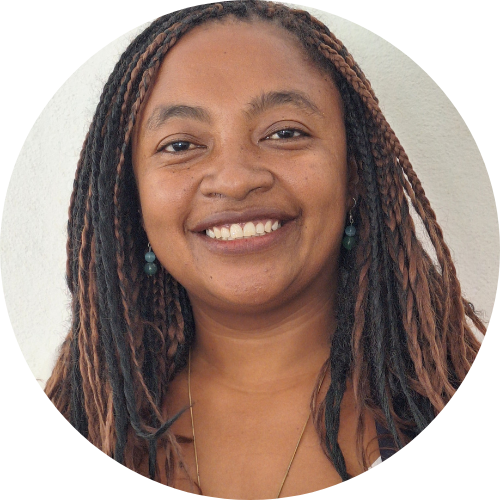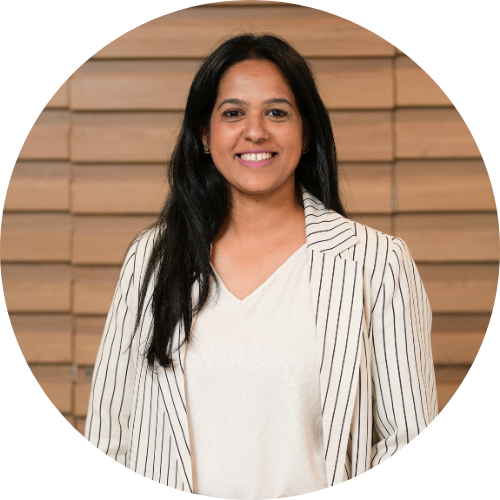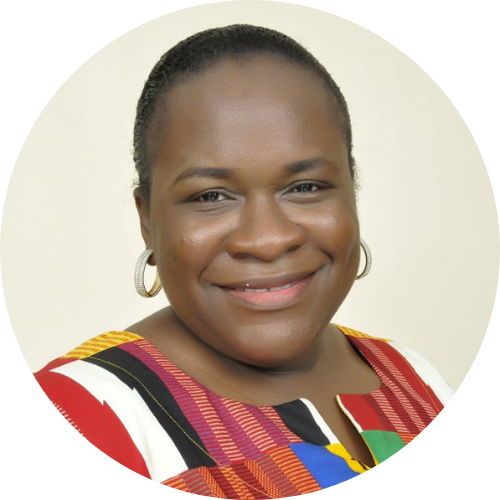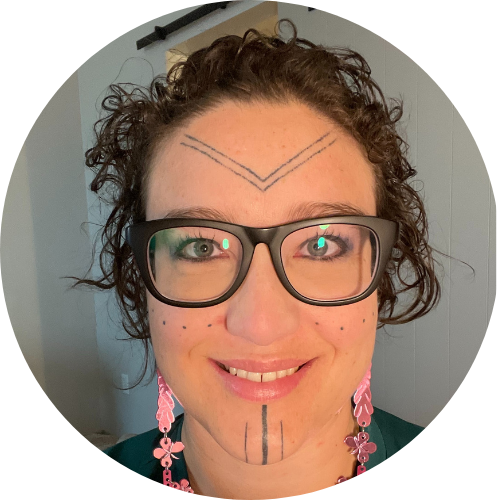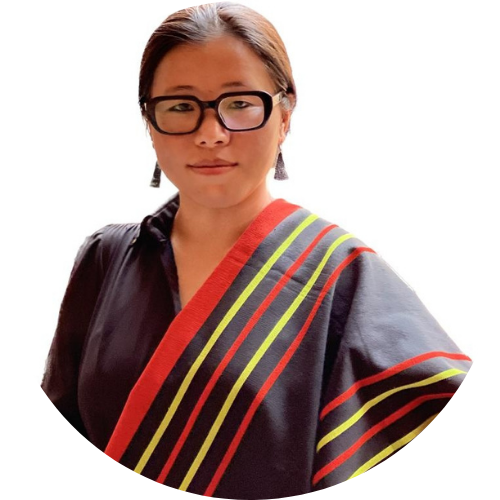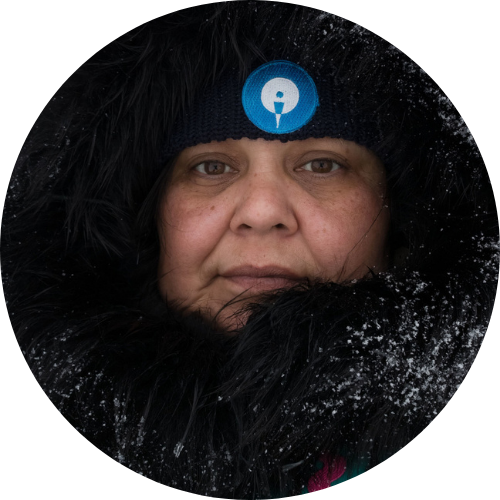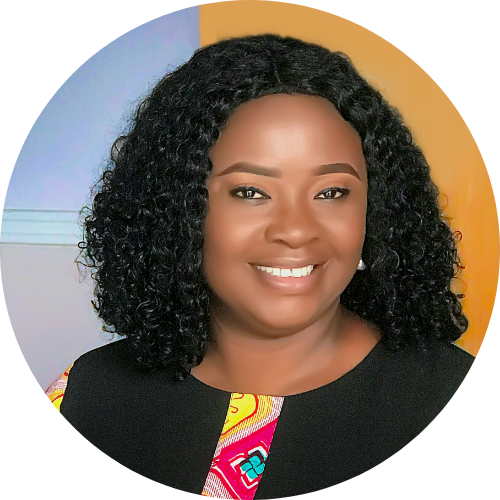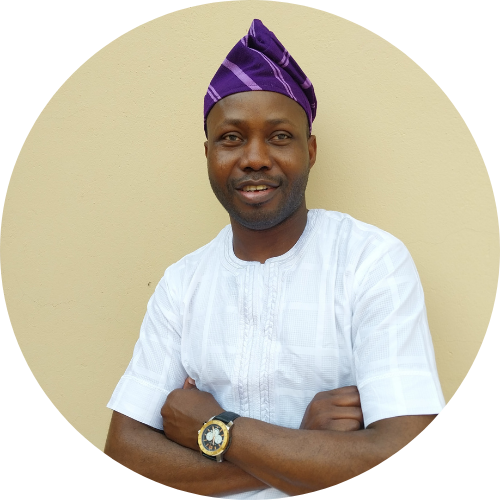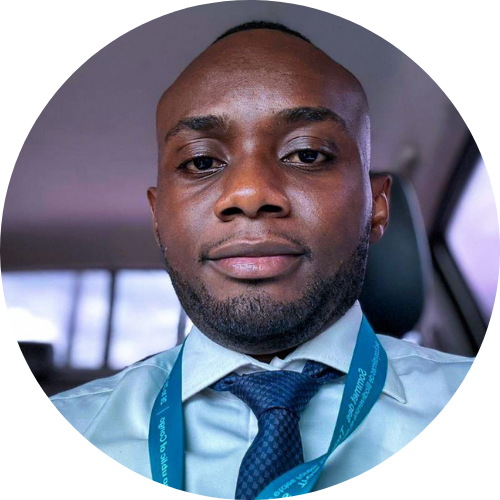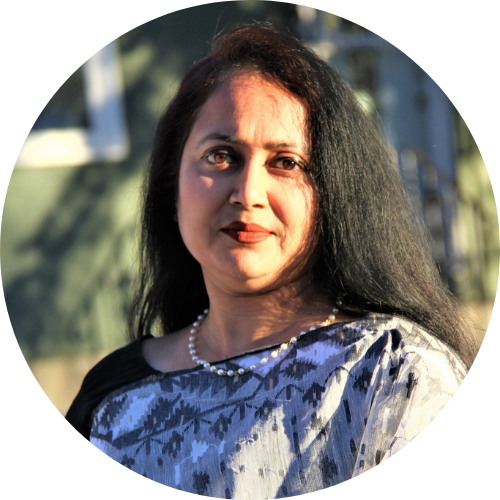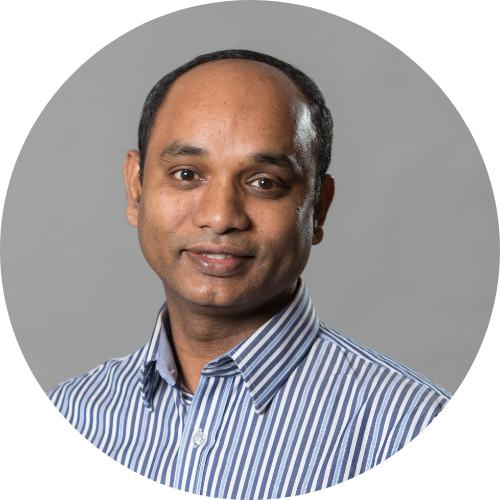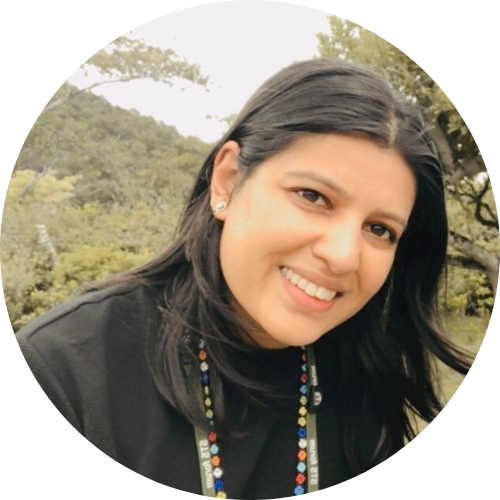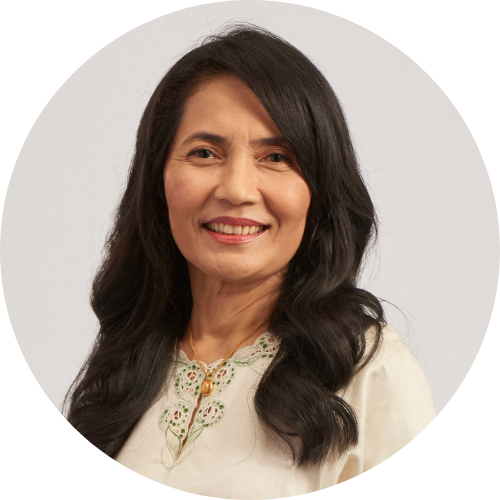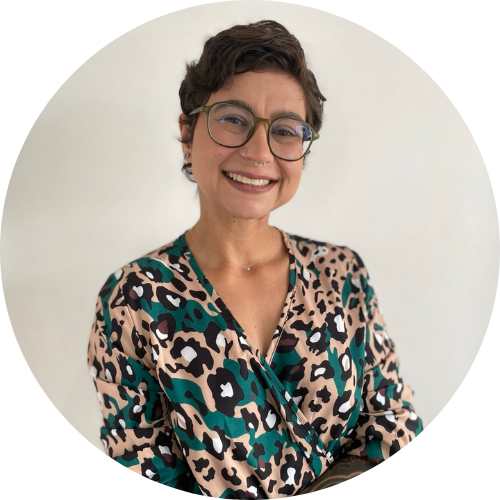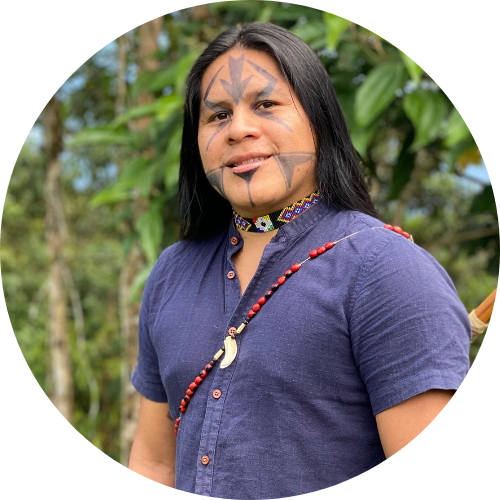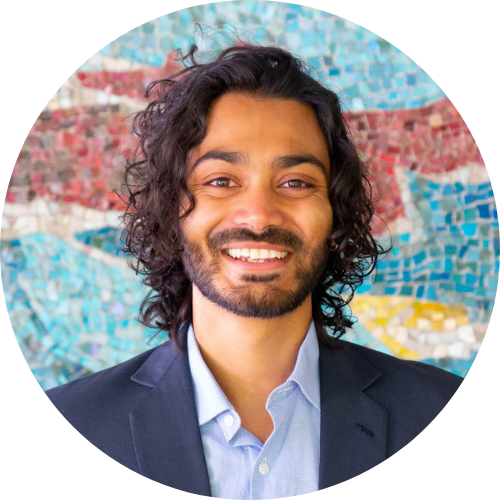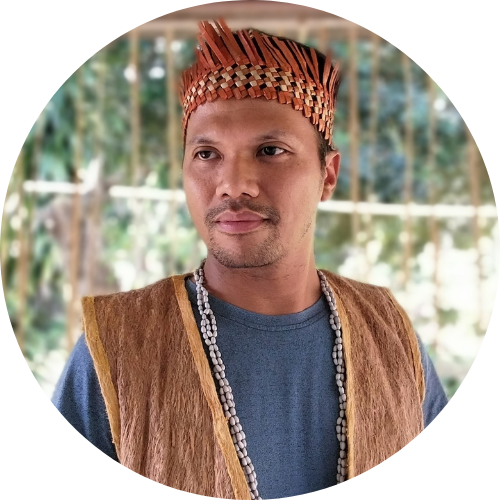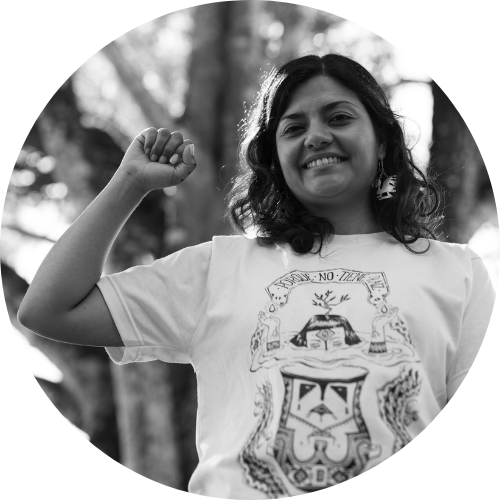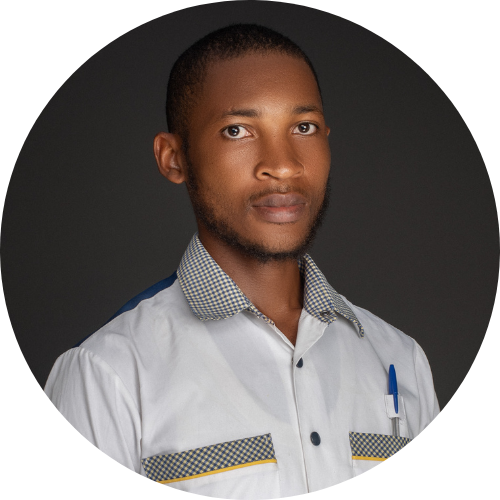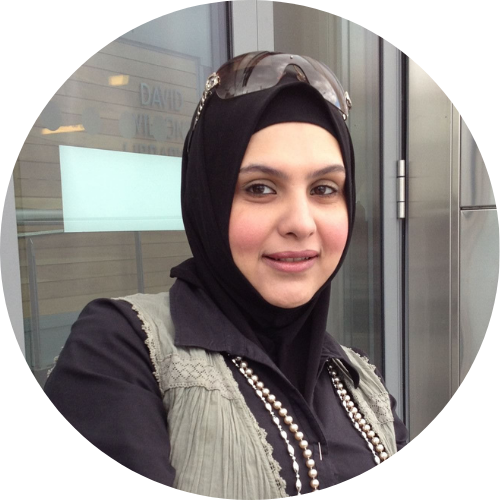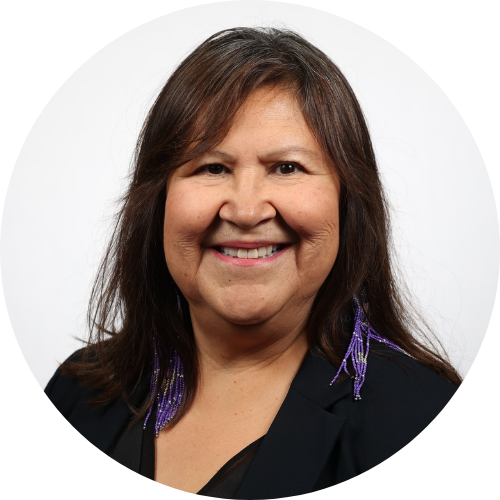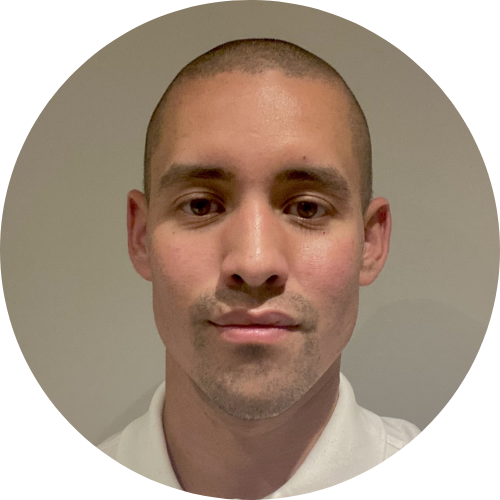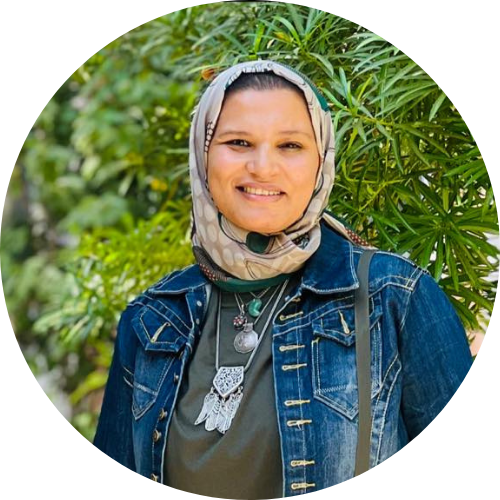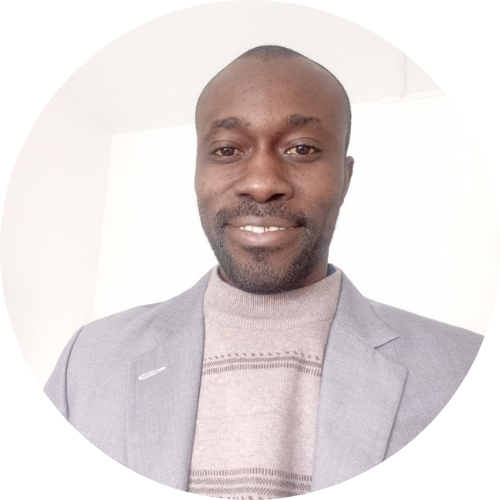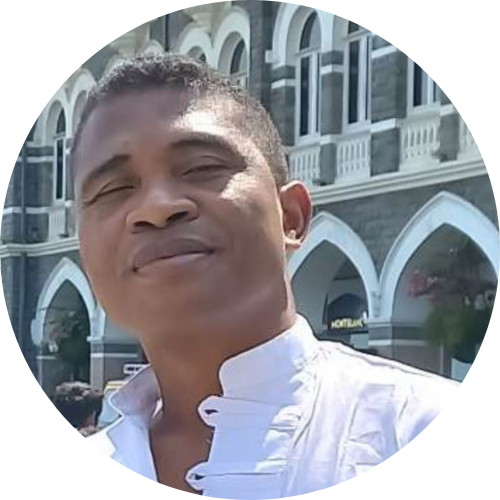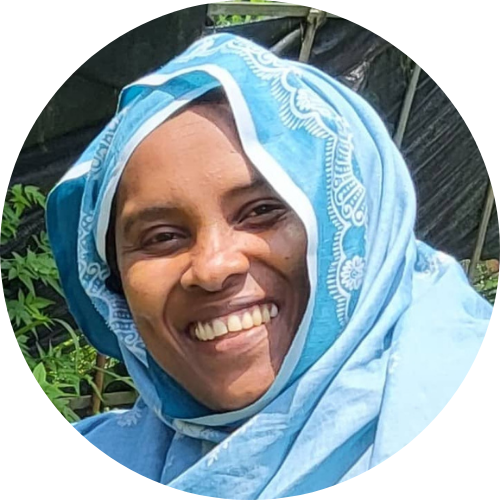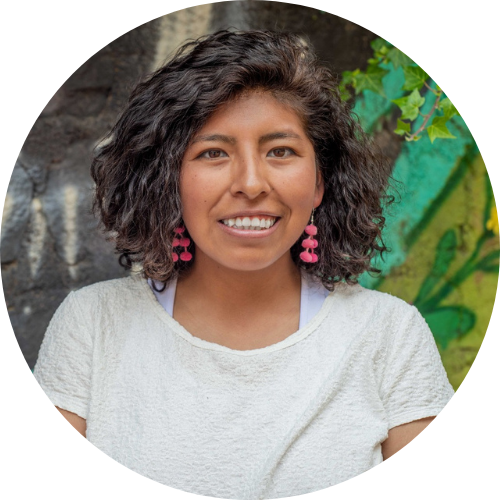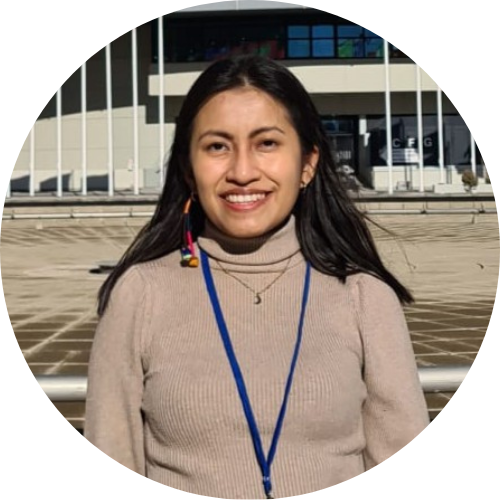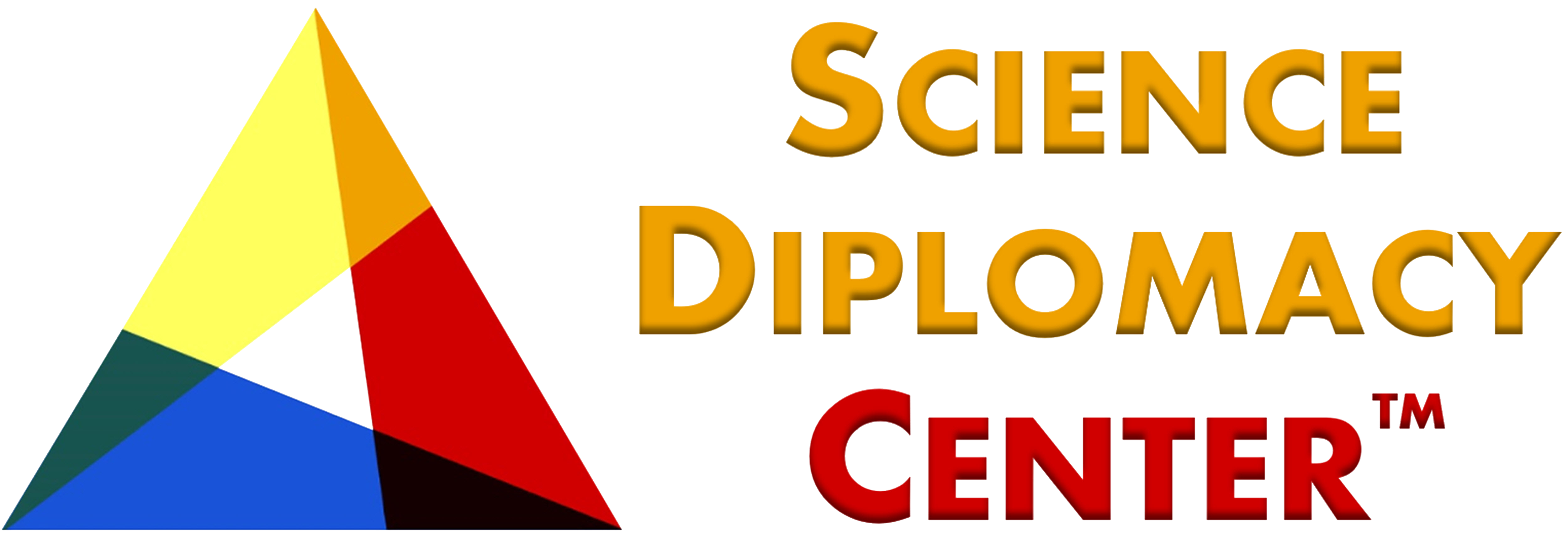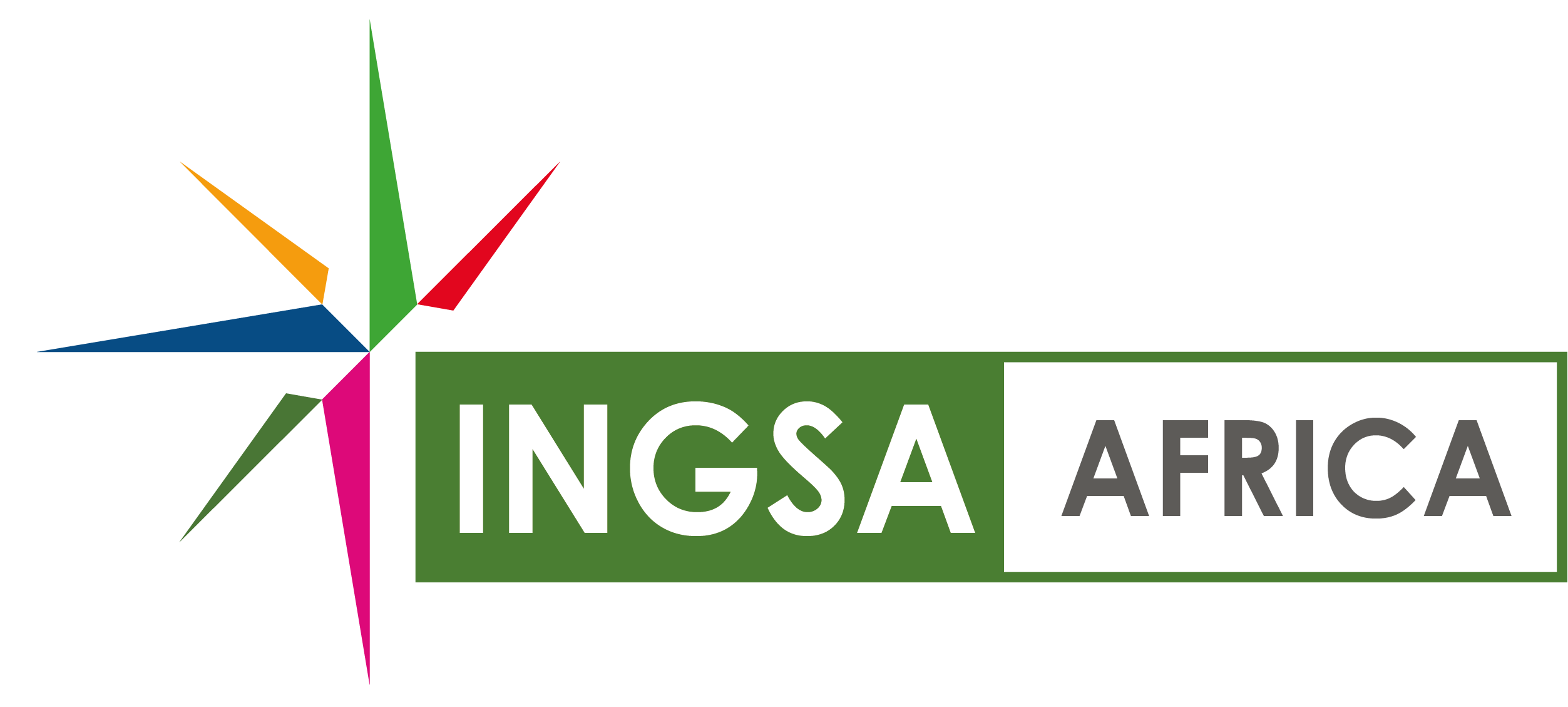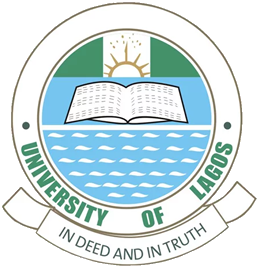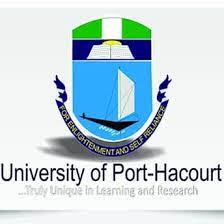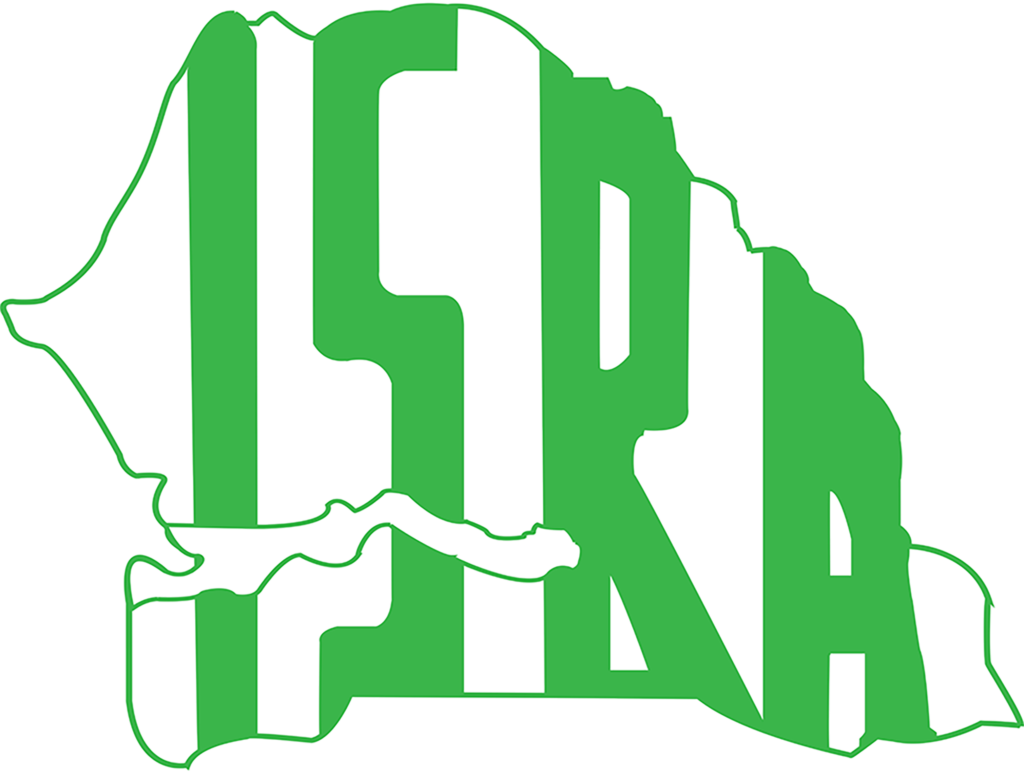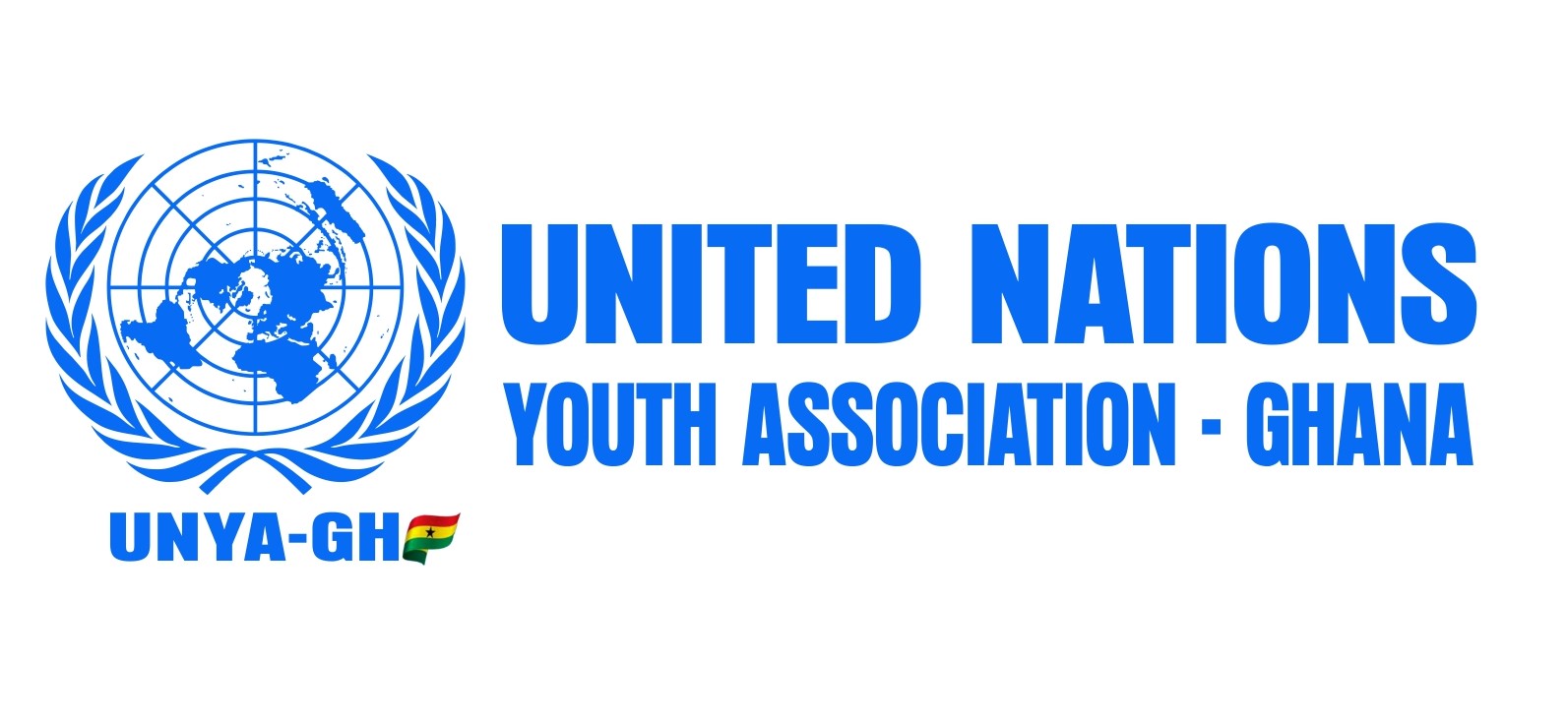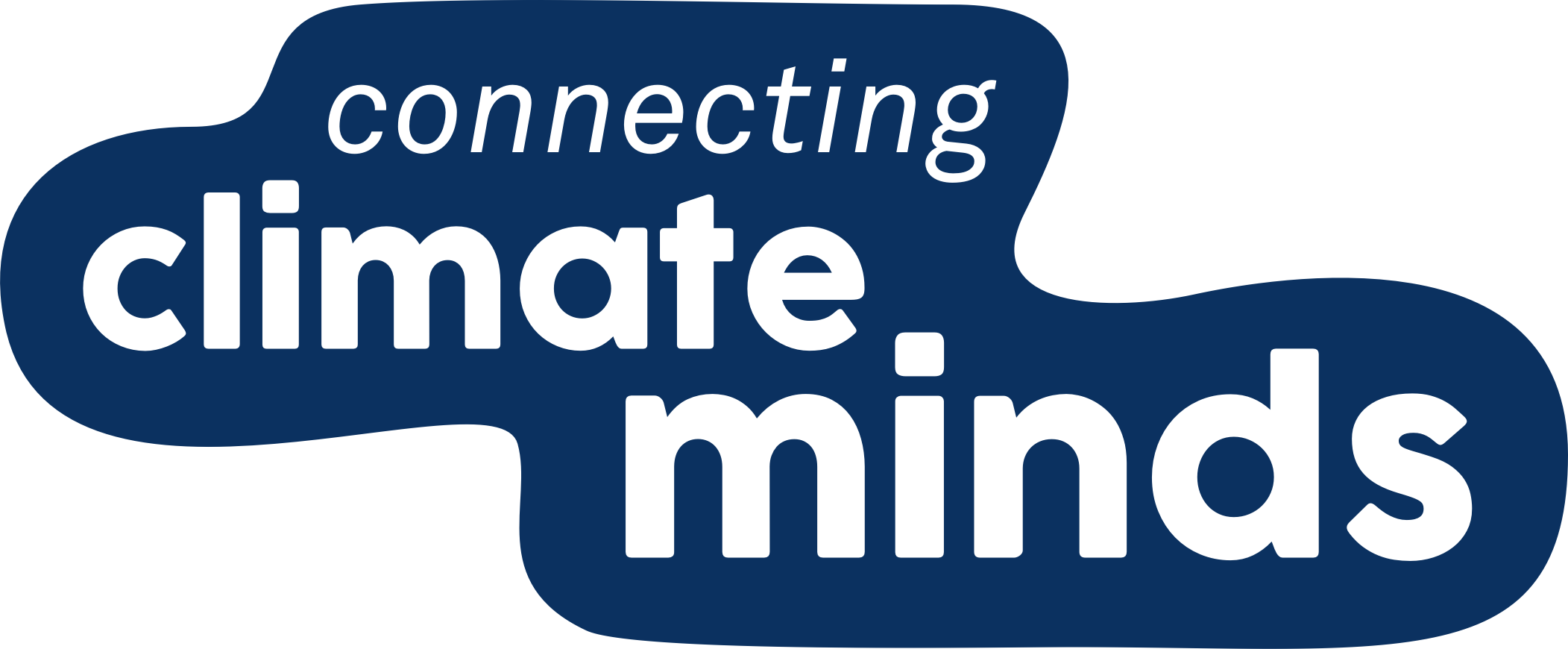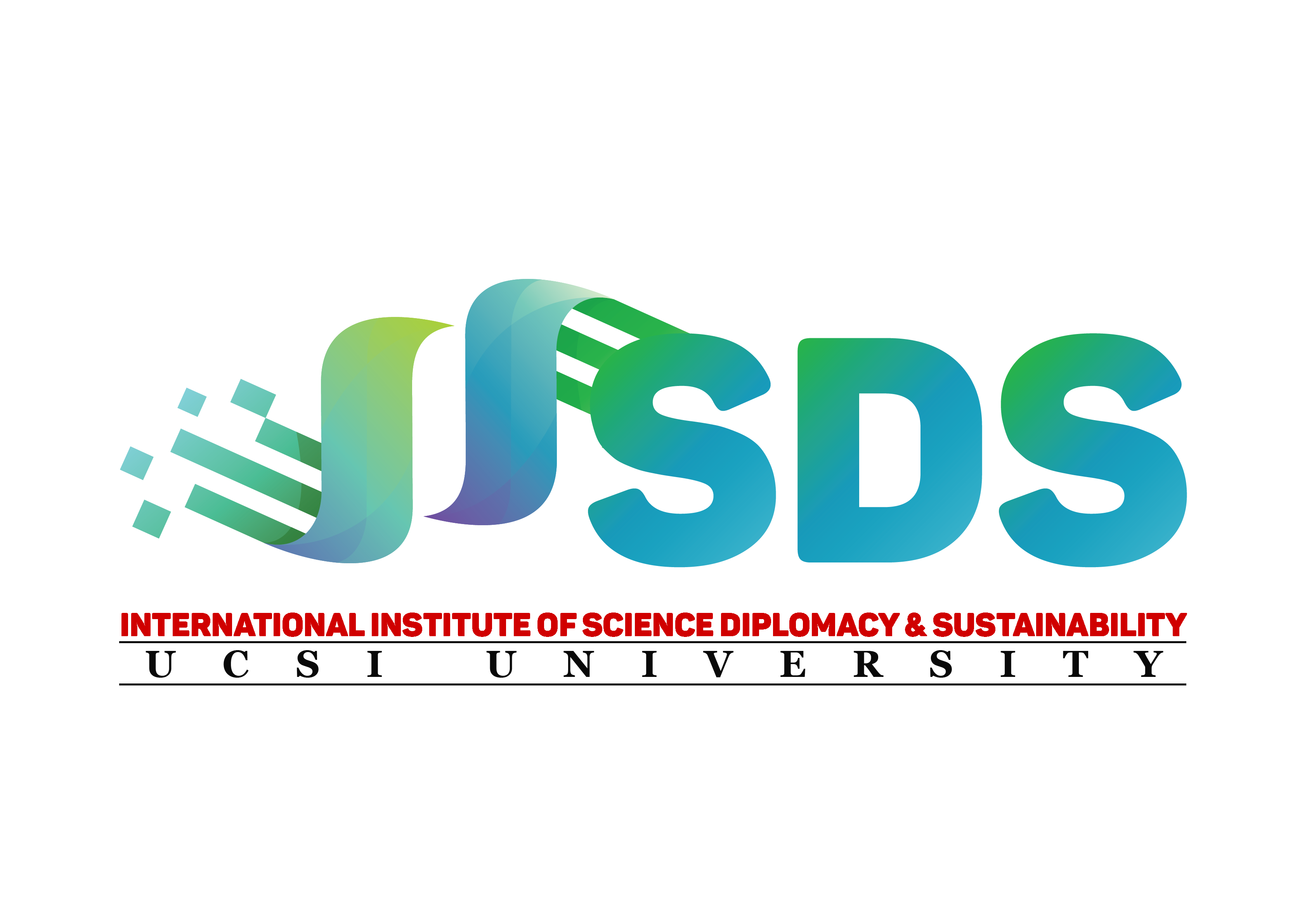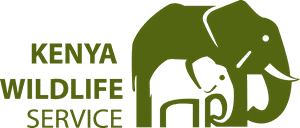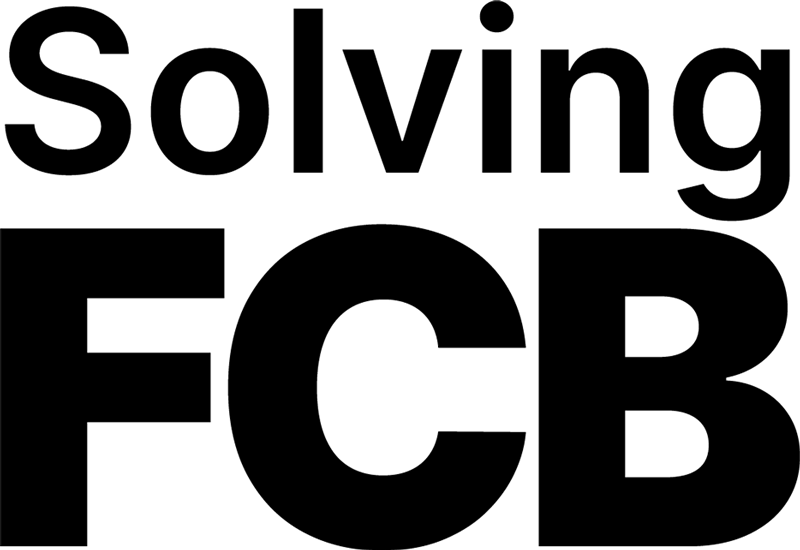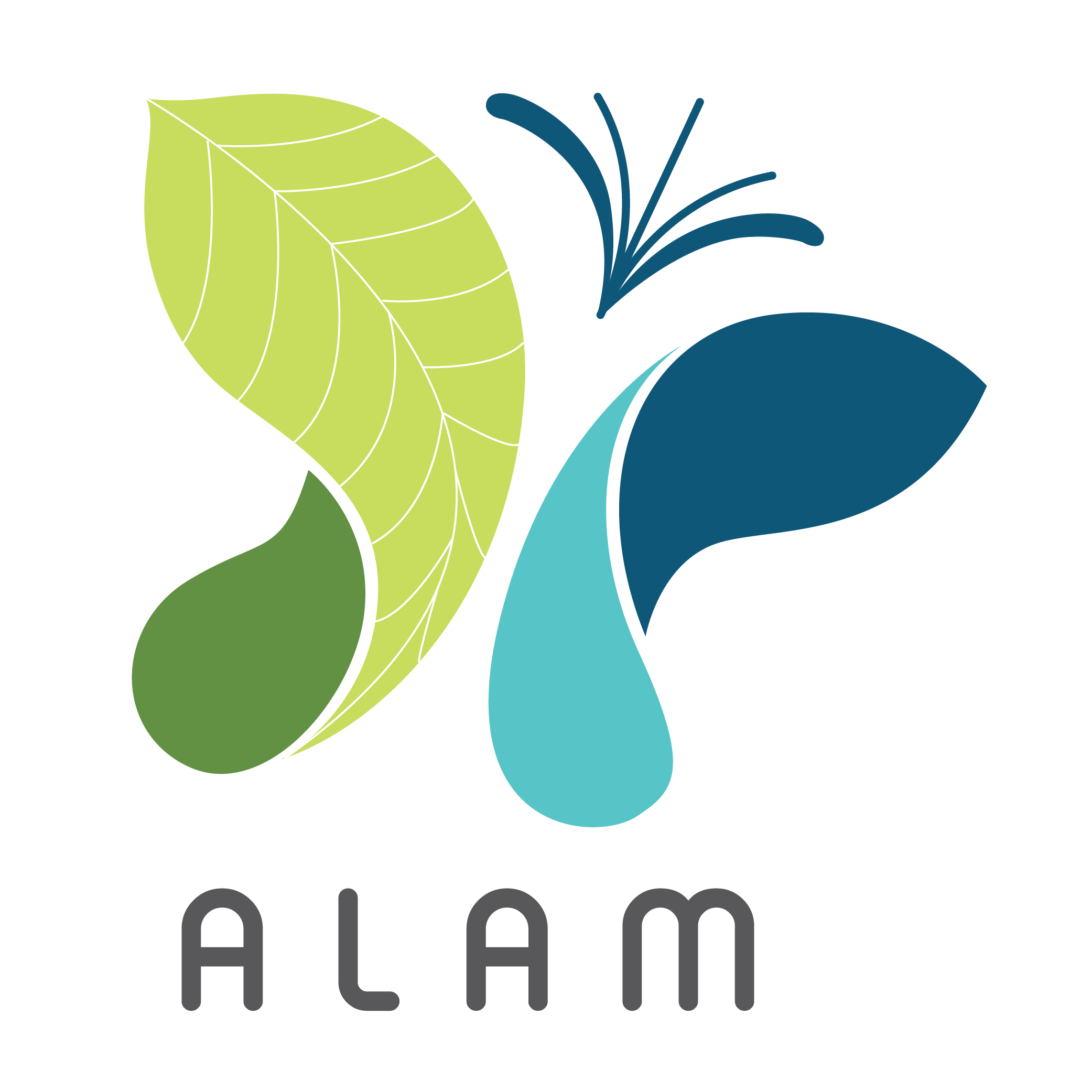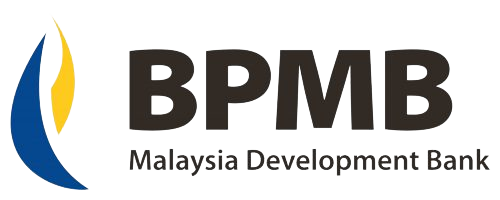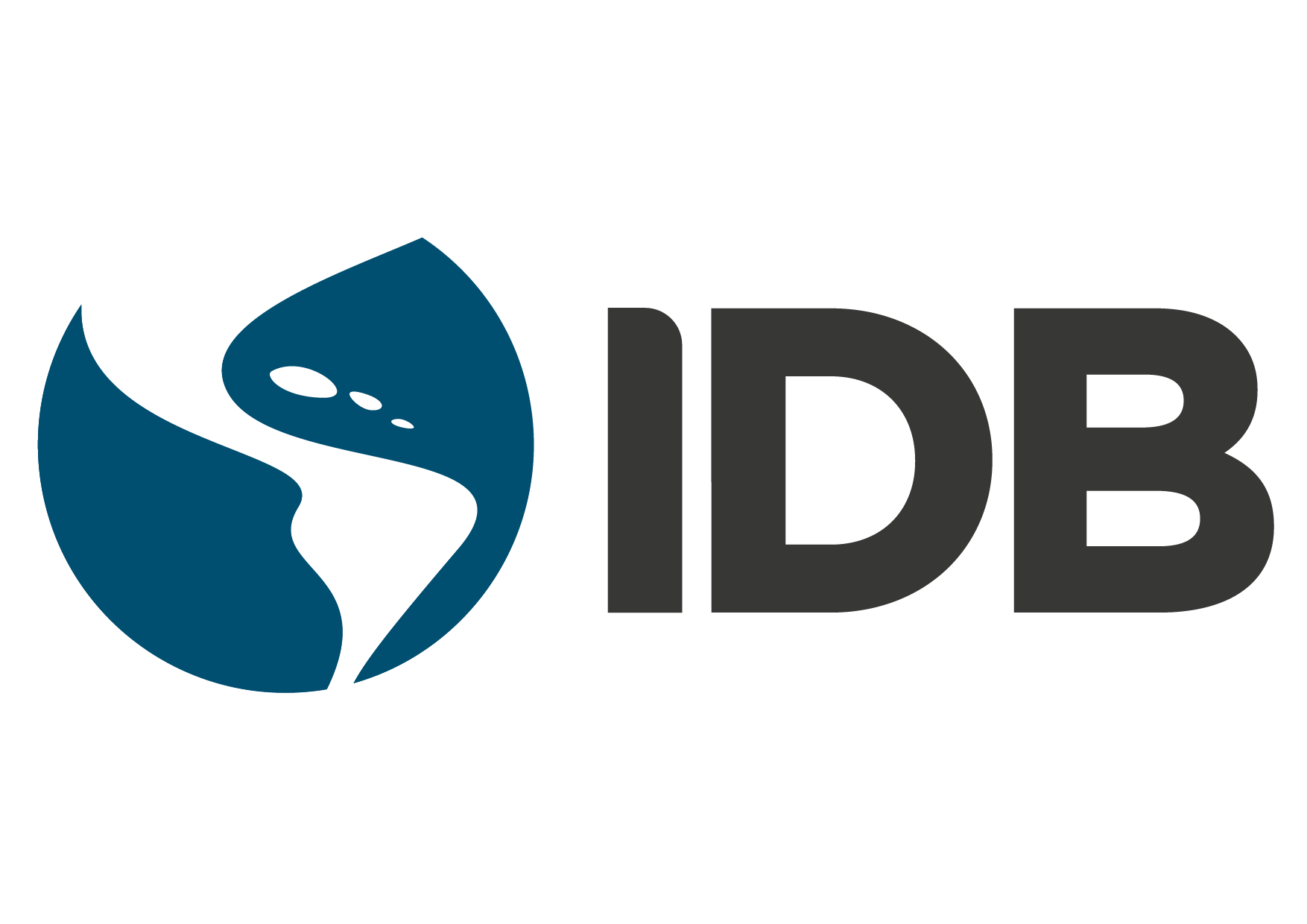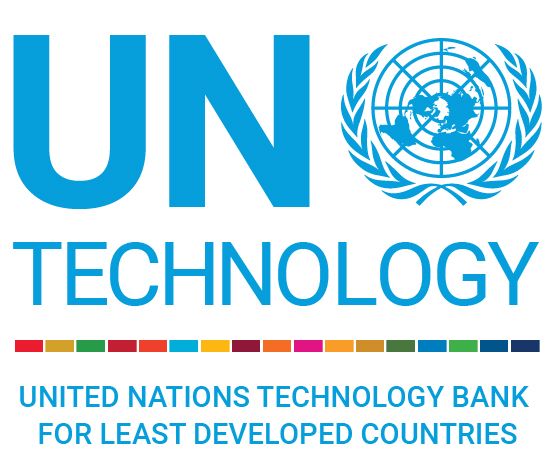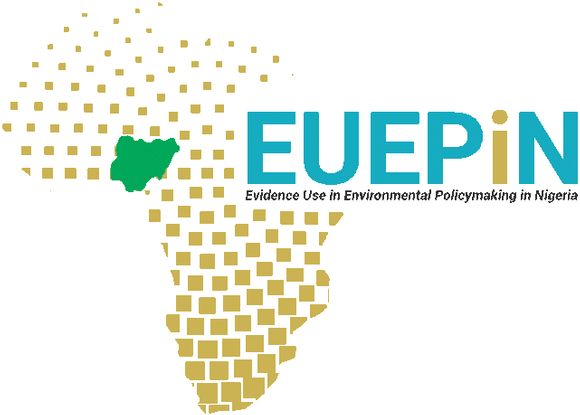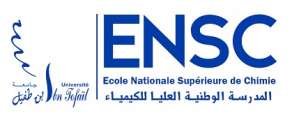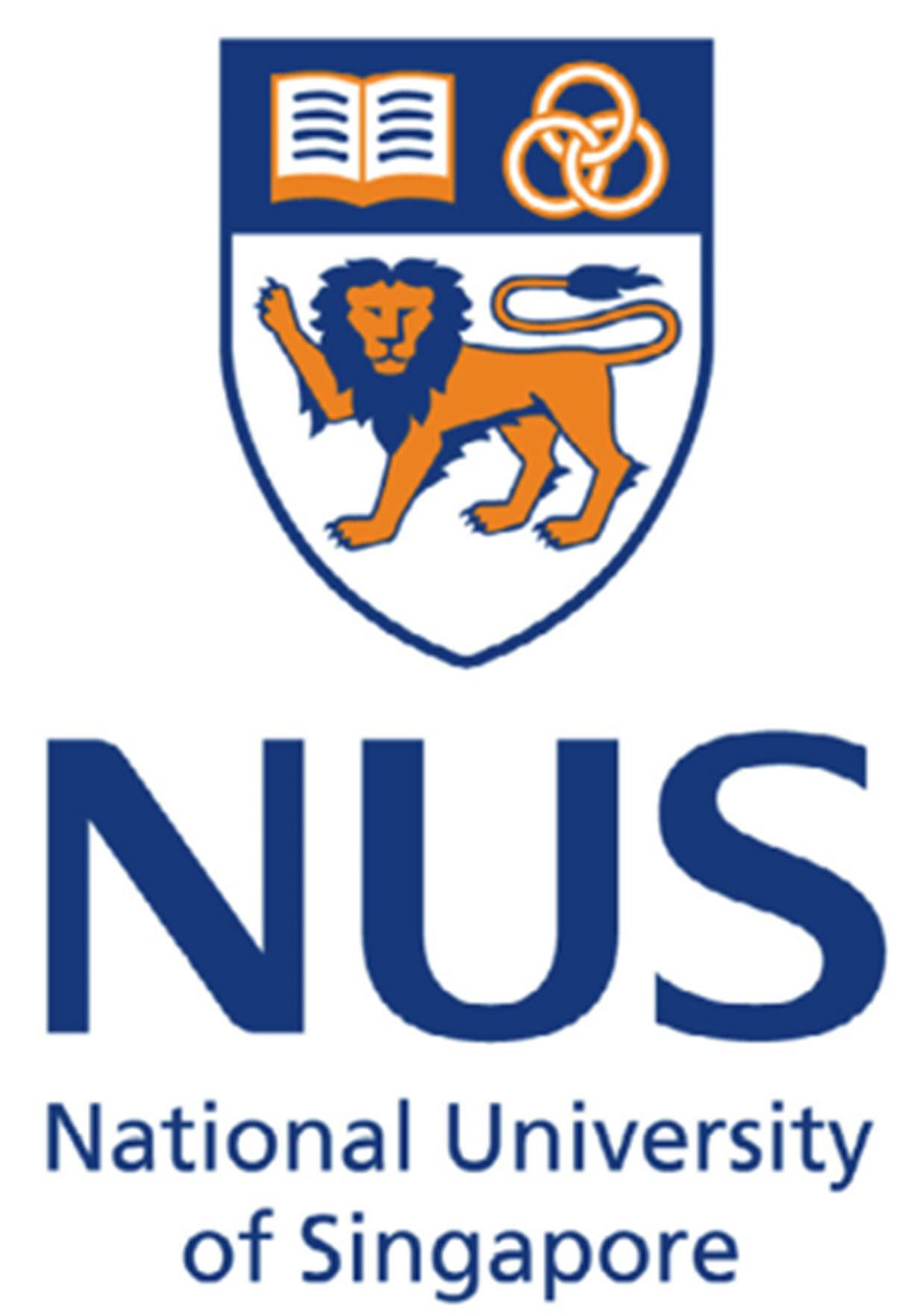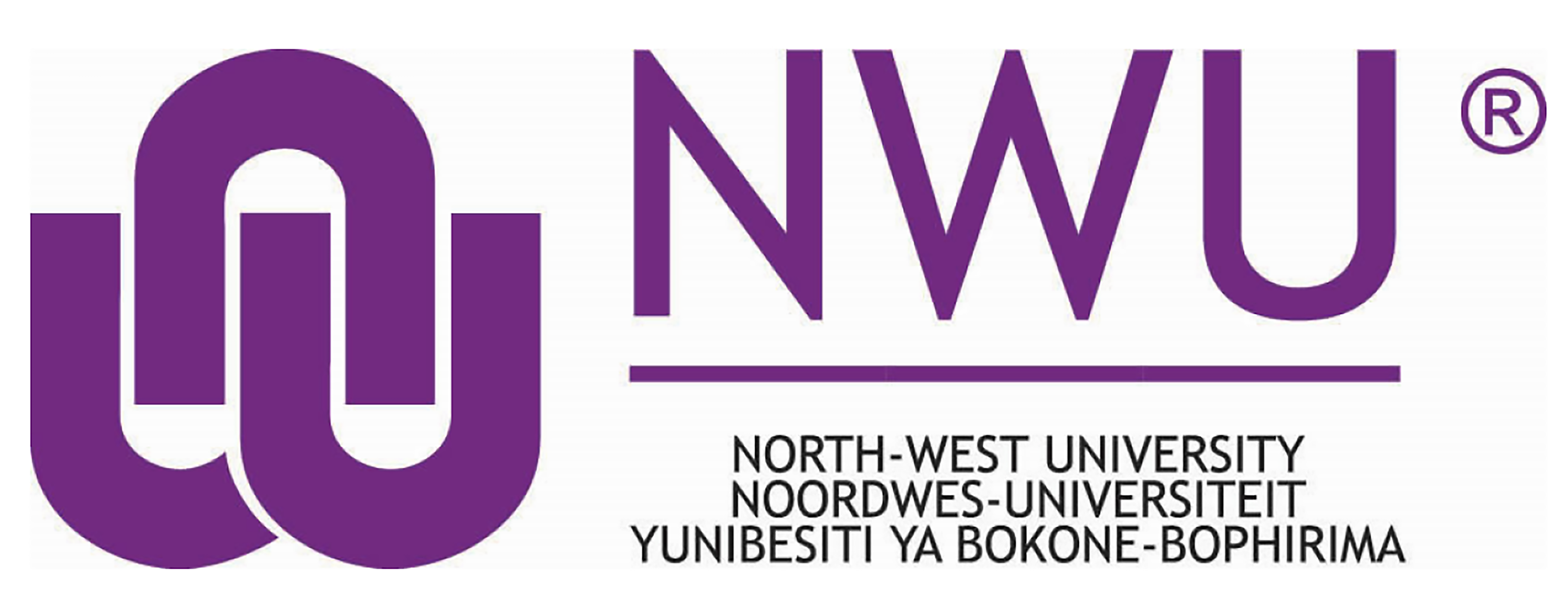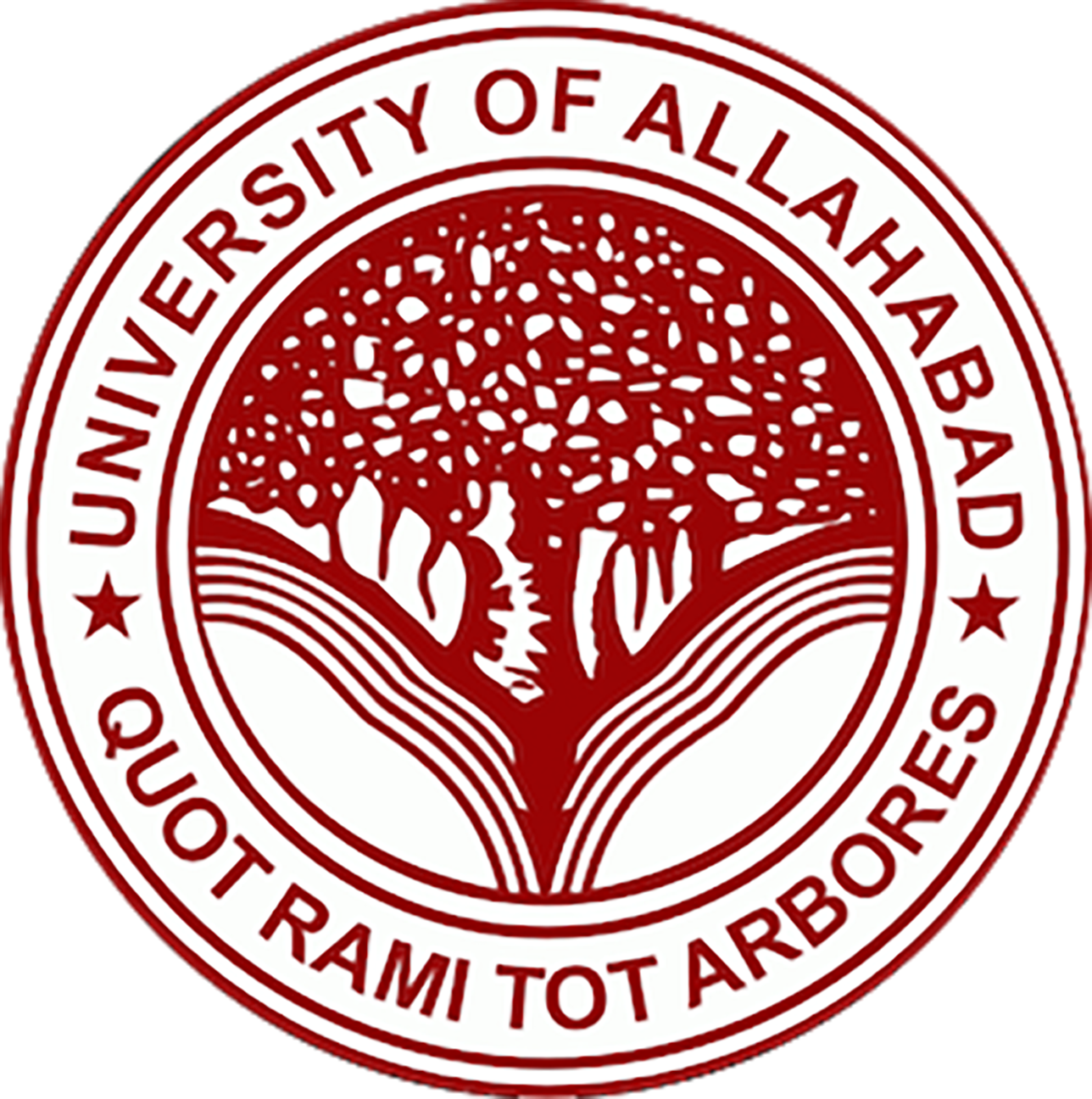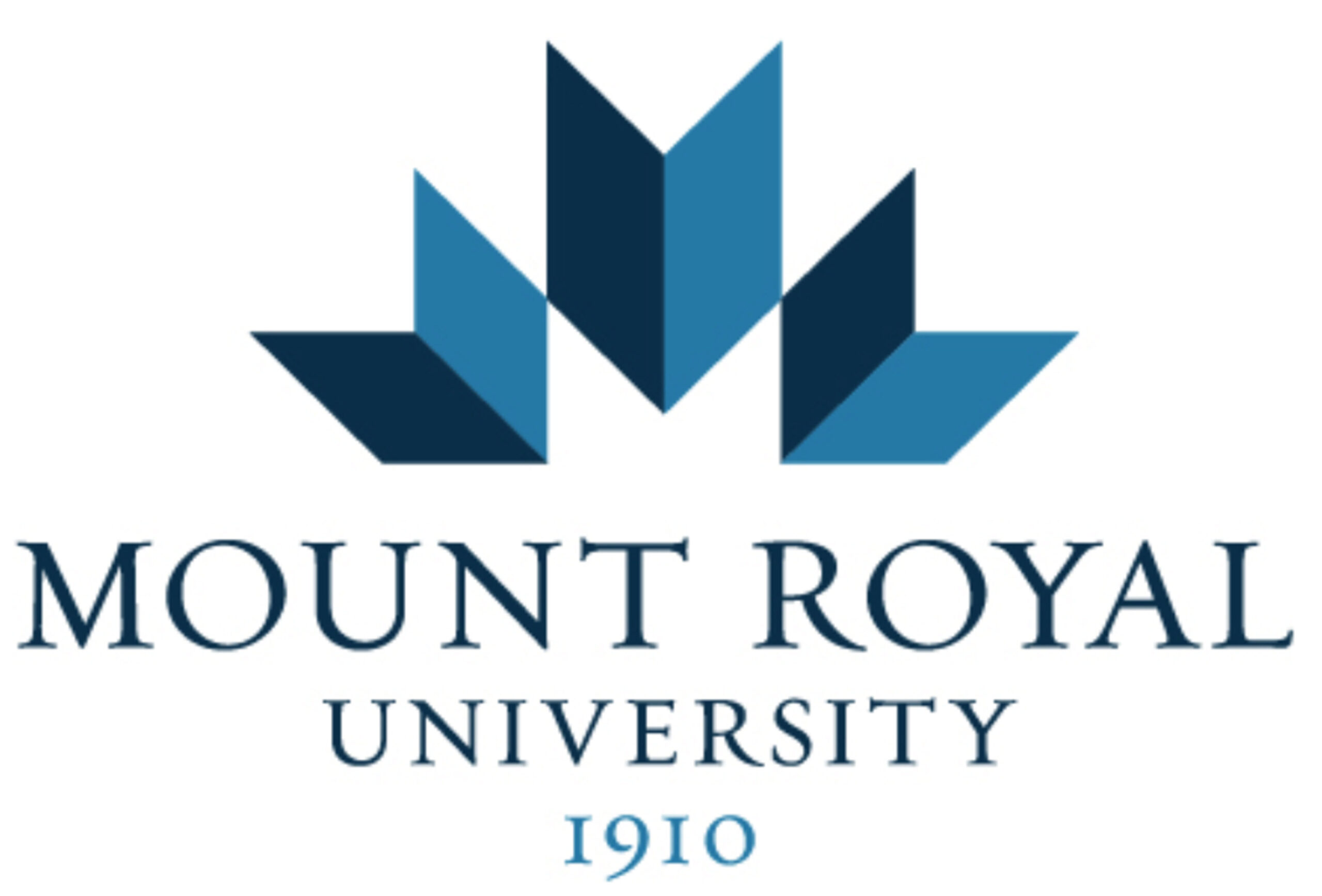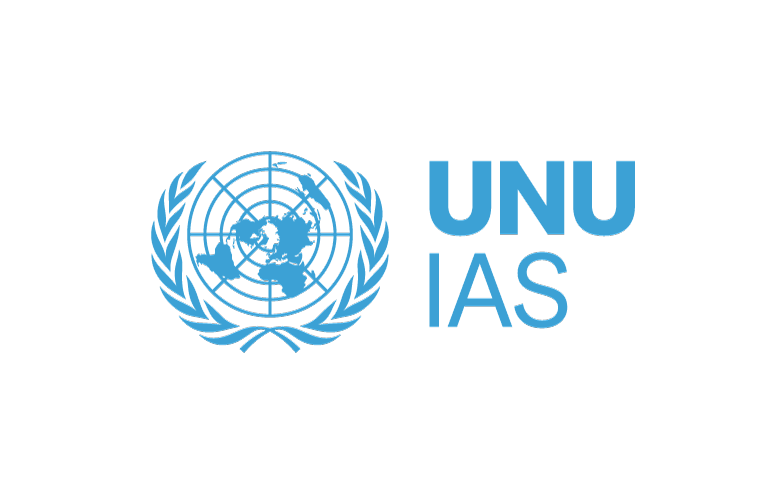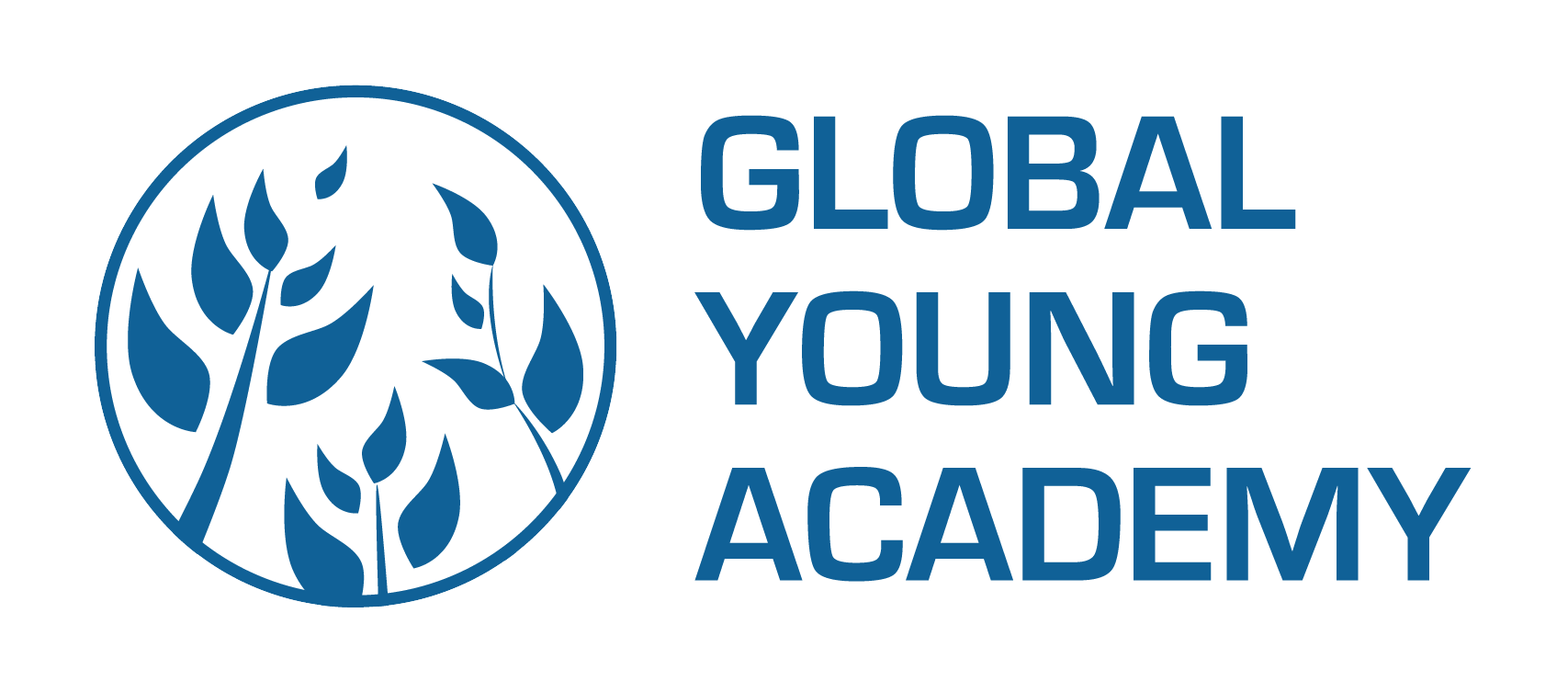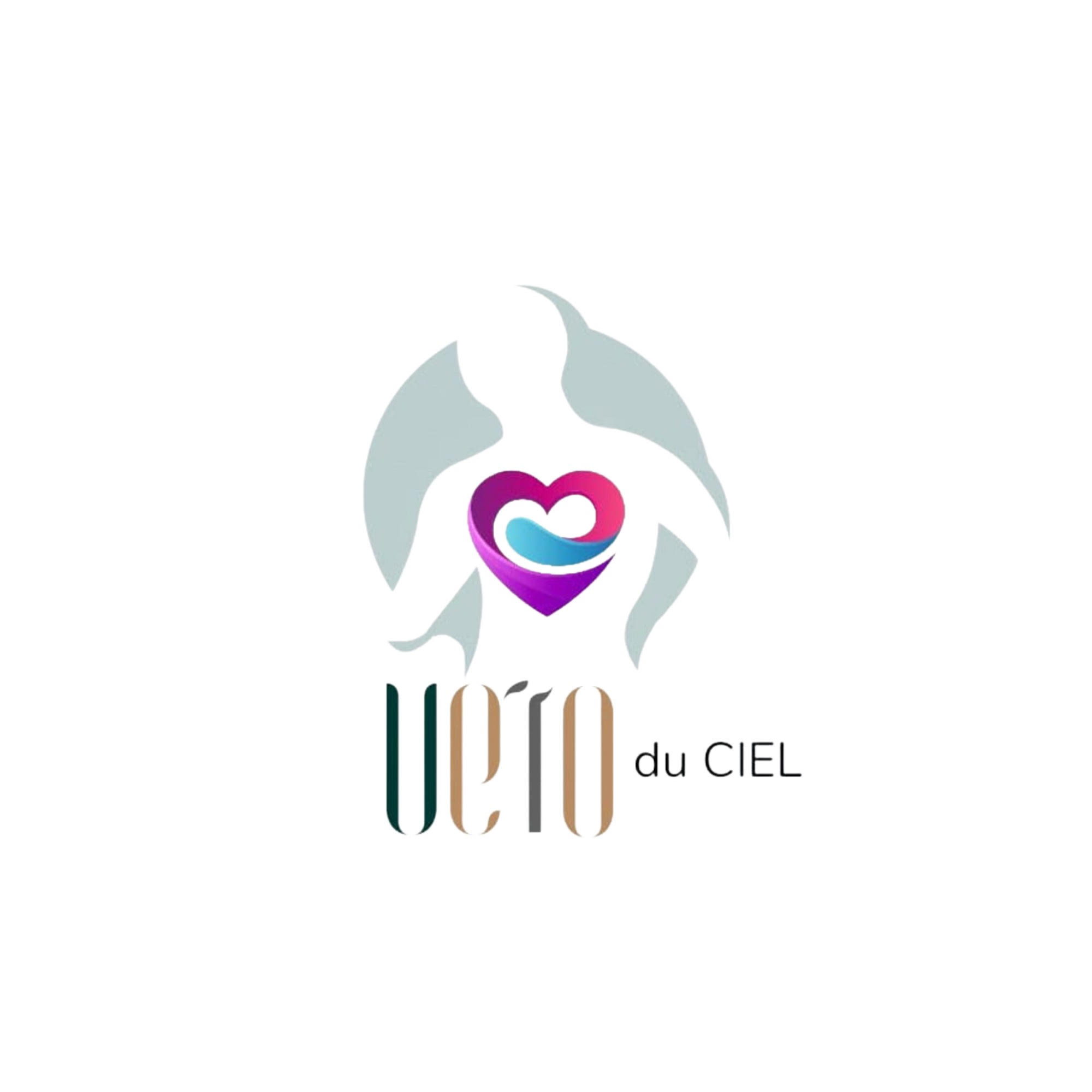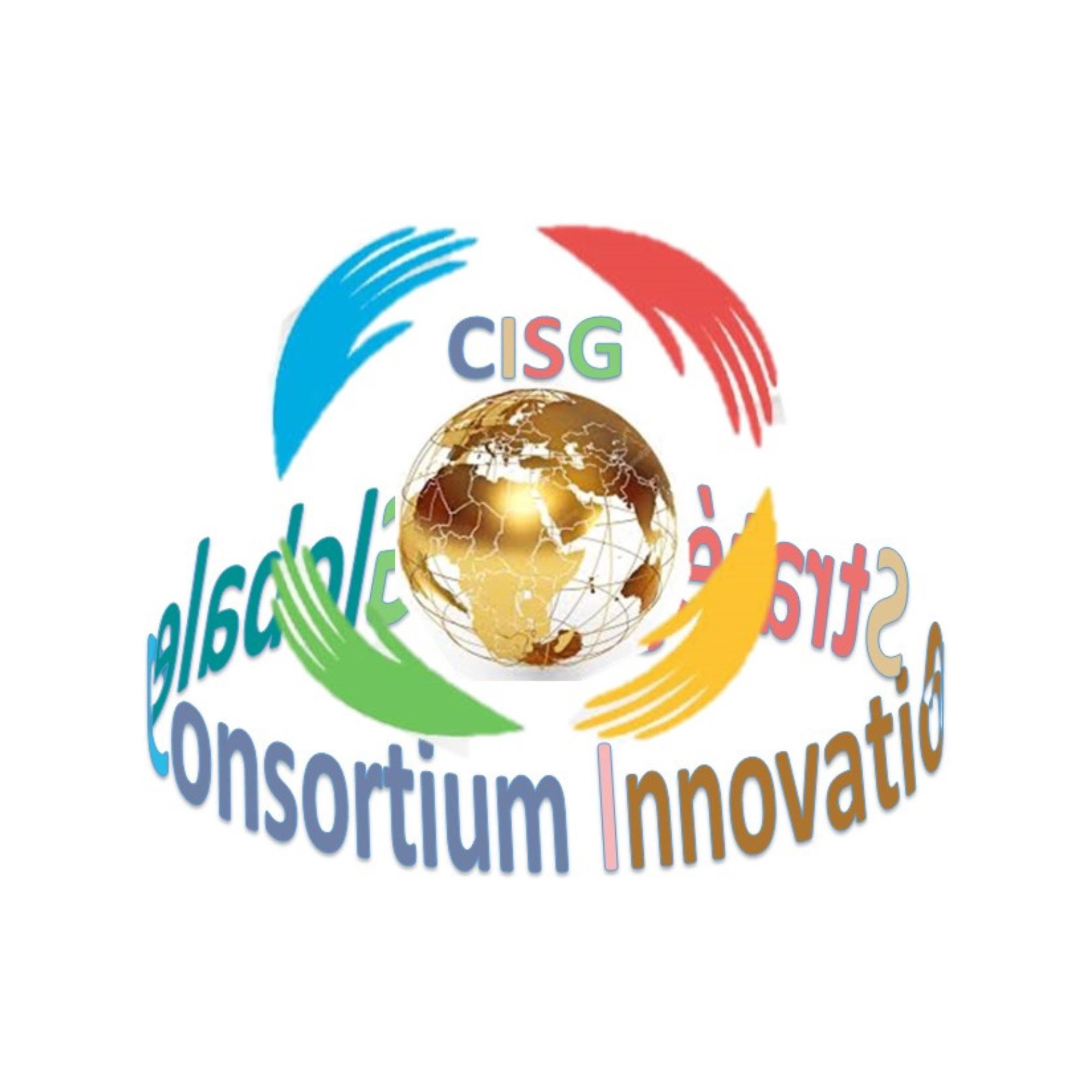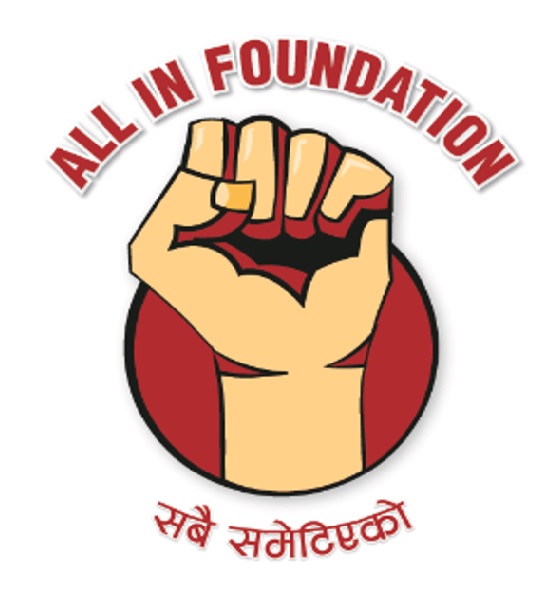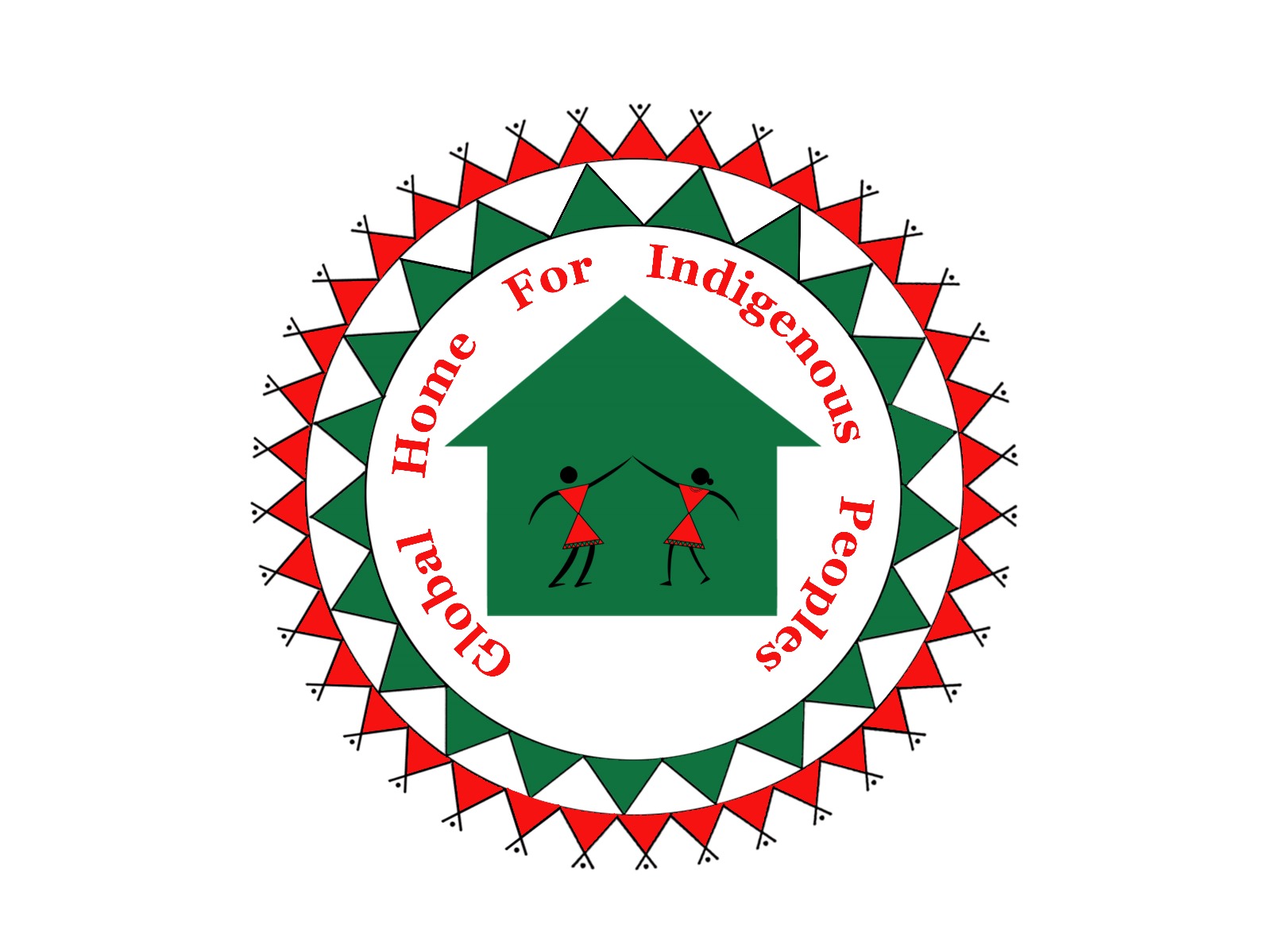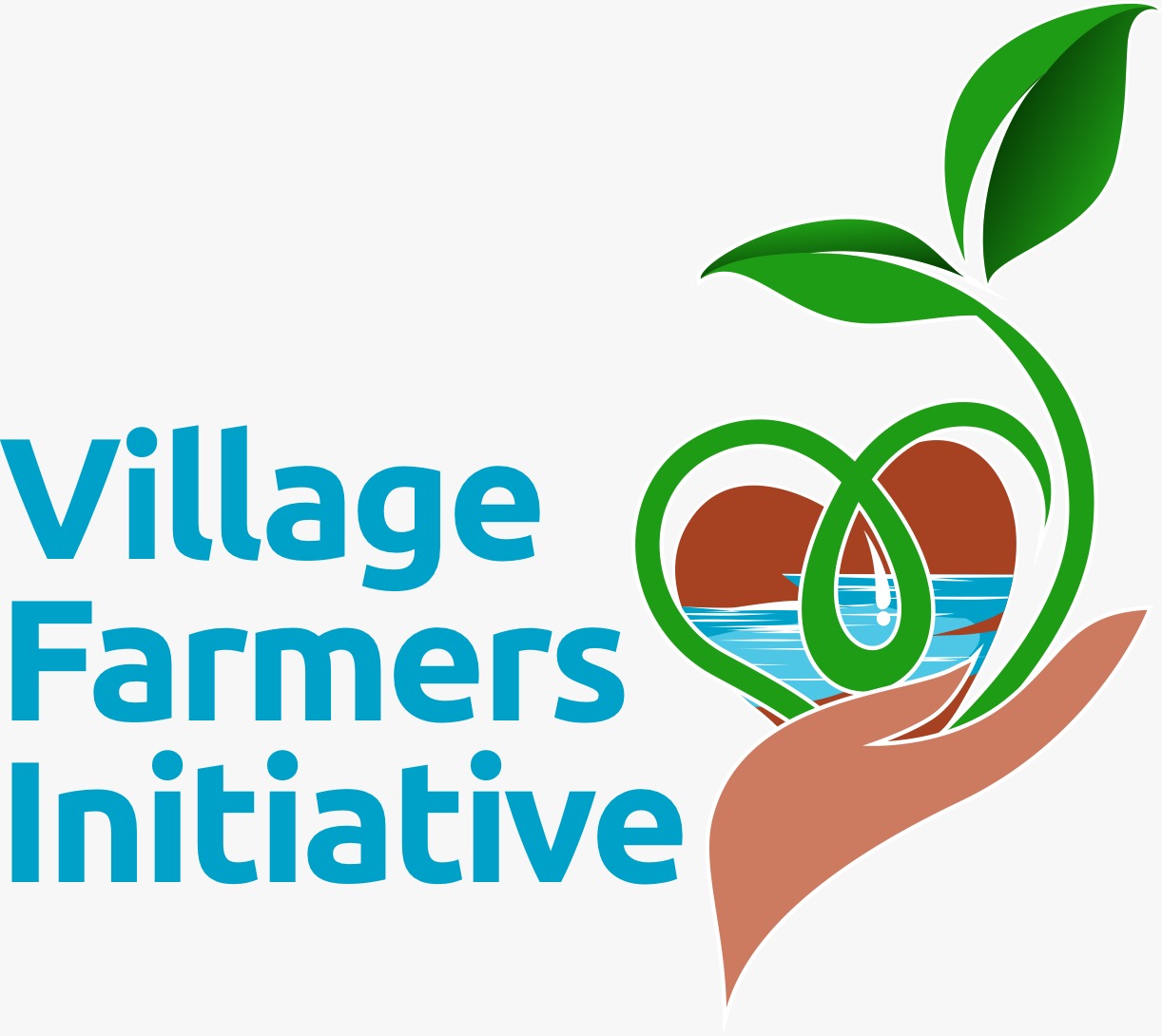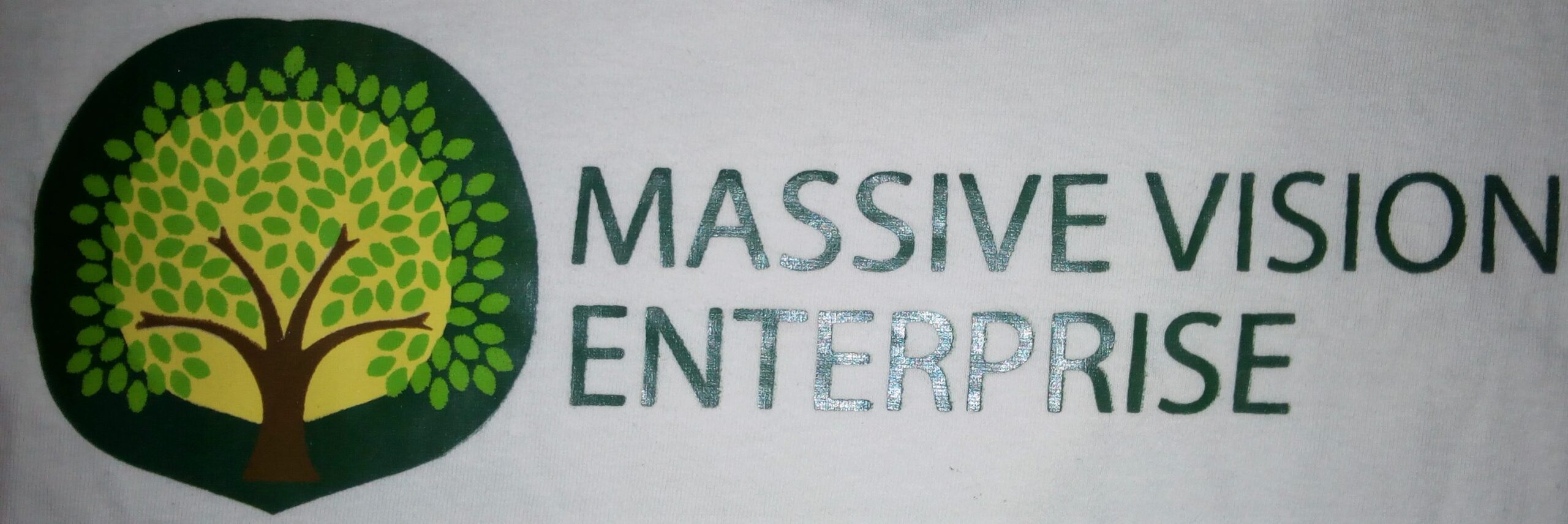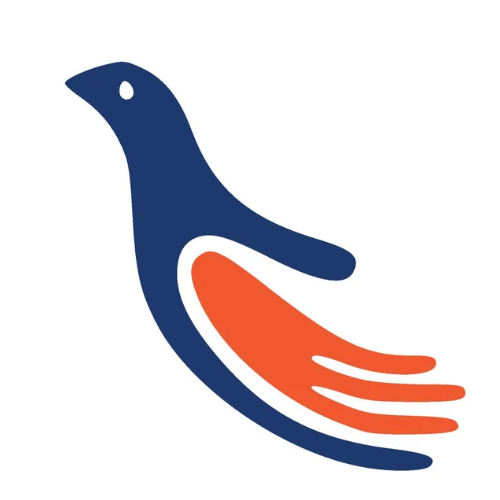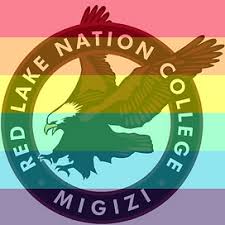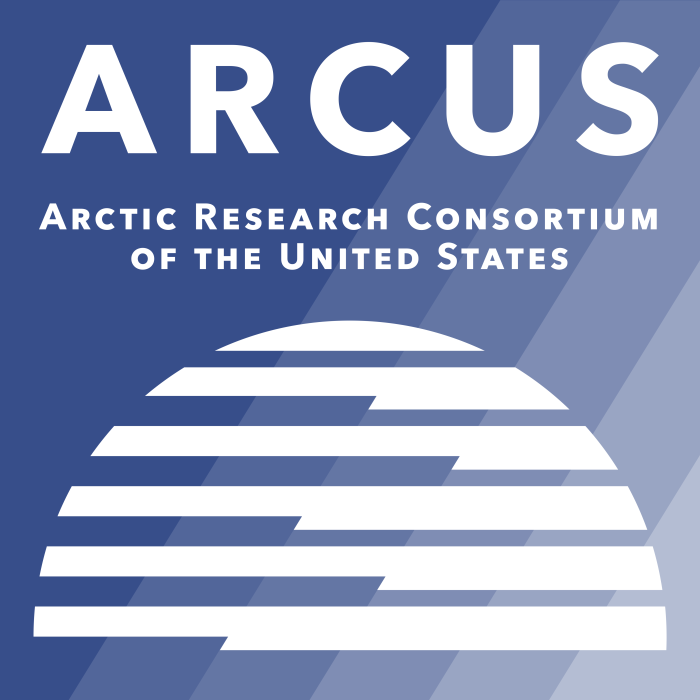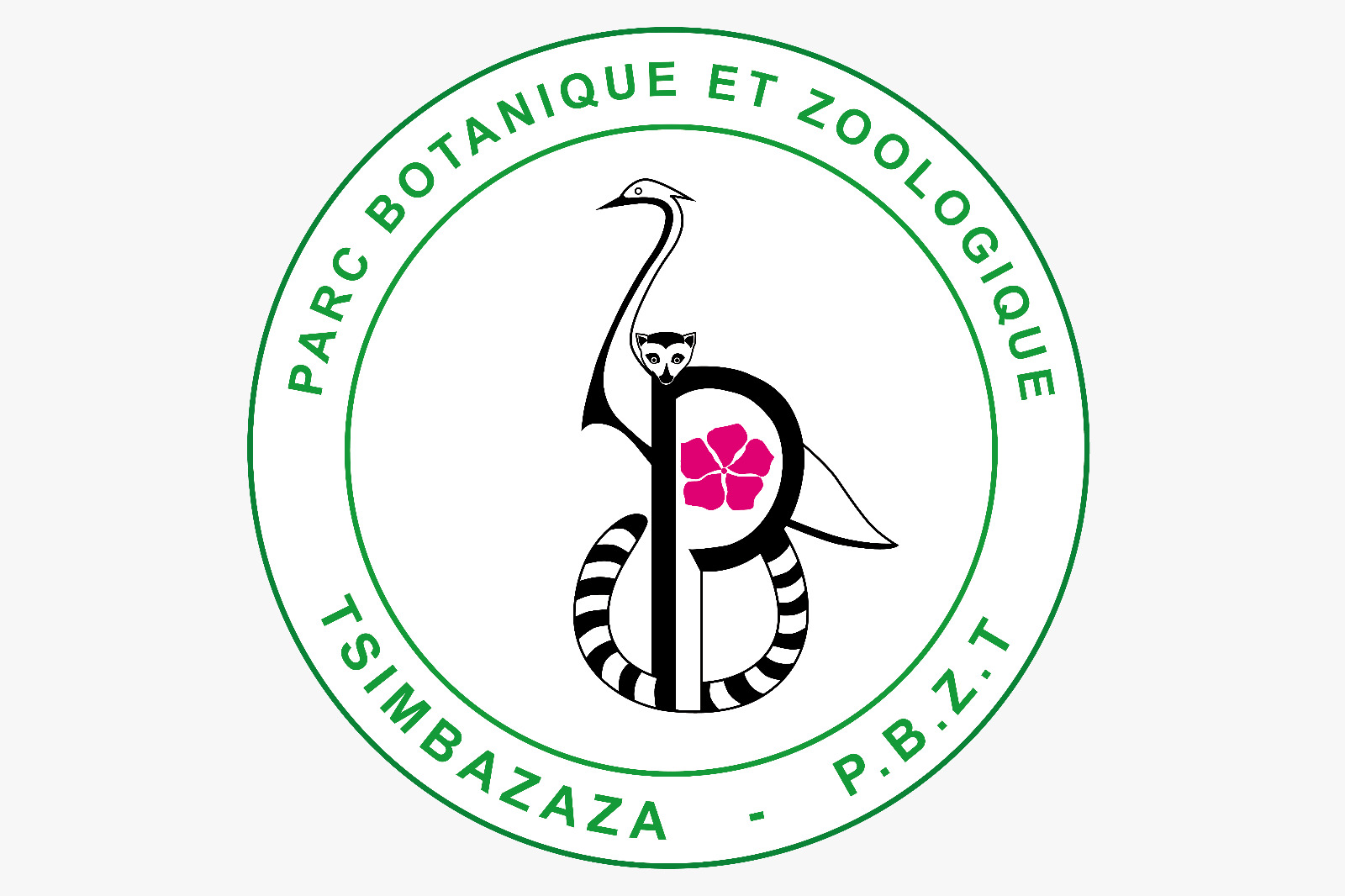“A virtual dialogue by, for, and among Indigenous youth with global inclusion.”


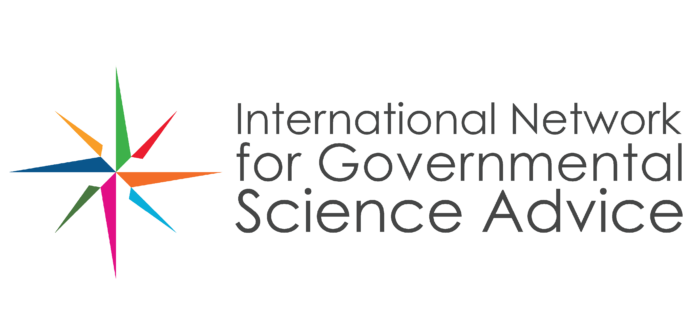
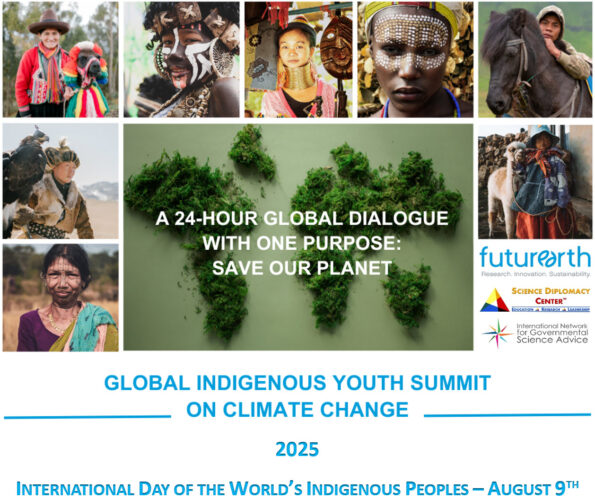
The third Global Indigenous Youth Summit on Climate Change (GIYSCC) will be held 9 August 2025, circling the Earth with the Sun across three 8-hour time zones in 24 hours (00:00 GMT – 24:00 GMT) on the United Nations International Day of the World’s Indigenous Peoples. GIYSCC-2025 is hosted again by Future Earth with Science Diplomacy Center™ coordination in collaboration with the Africa and Asia Regional Chapters of the International Network for Government Science Advice (INGSA) among many key collaborators (please see below).
This “virtual dialogue by, for and among Indigenous youth with global inclusion” builds on GIYSCC-2024 and GIYSCC-2023, which was hosted by the United Nations Institute for Training and Research (UNITAR), involving 2100+ registrants from 136 nations and representing nearly 290 languages in the first two years (please see PAST SUMMITS) during this International Decade of Indigenous Languages 2022-2032.
A legacy contribution from GIYSCC-2023 is the invited Nature Commentary that Indigenous Youth Must Be at the Forefront of Climate Diplomacy, building a Global Partnership of Indigenous Youth in the spirt of SDG 17 among the United Nations Sustainable Development Goals with planetary focus on Climate Action (SDG 13).
Indigenous Youth Leaders

Prarthona Datta
Canada
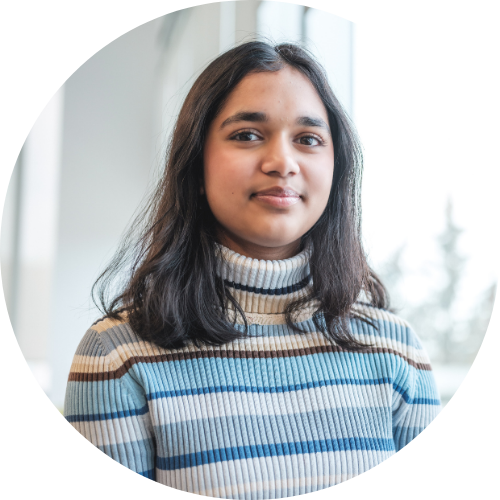
Prokriti Datta
Canada

F. Dermmillah Obare
Kenya
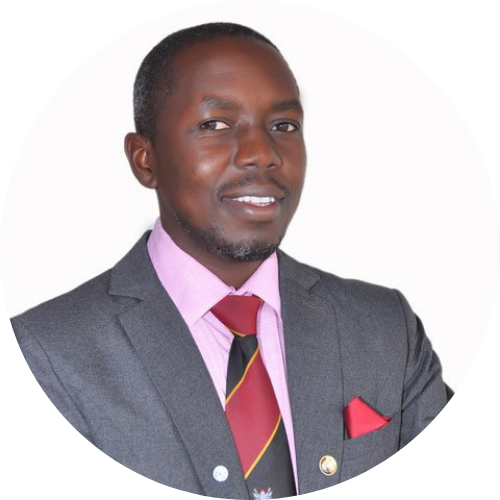
Dr. Godwin Anywar
Uganda
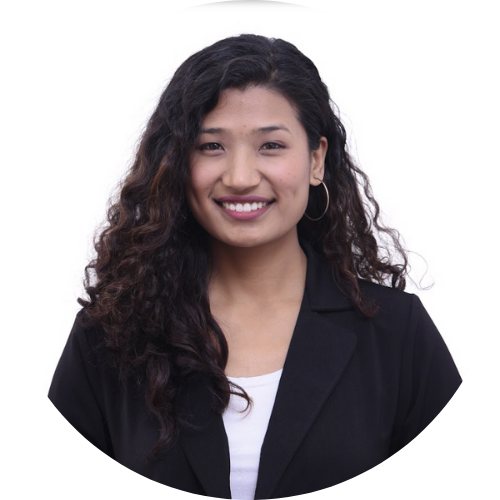
Sushma Shrestha
Nepal

Stephanie Guarachi
Bolivia
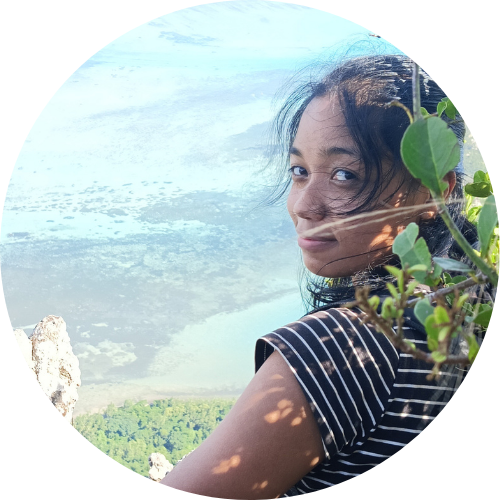
Hasina Ravoniaina Fiaferana
Madagascar
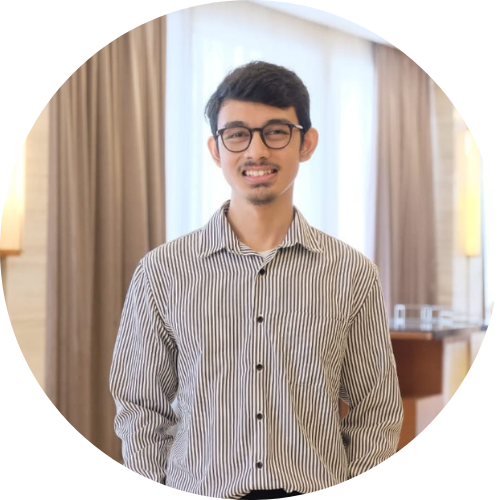
Muhammad Rauf
Indonesia
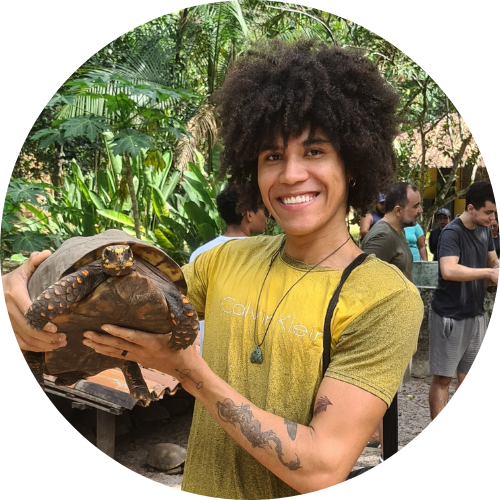
Ricardo Santos Magalhães
Brazil
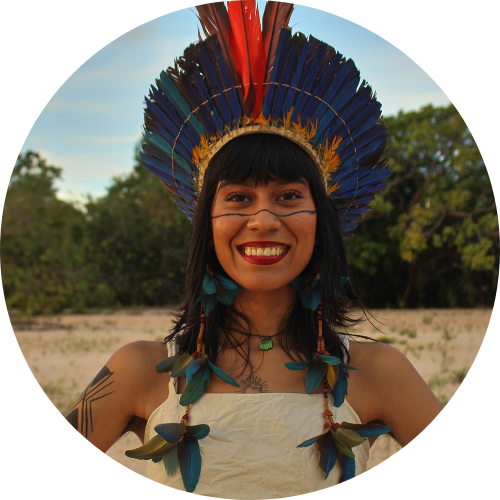
Maria Conceição Lima Amazonas
Brazil
Region 1 Lead
- Sabrina Rashid Sheonty, Director and CEO, Tetra Bangladesh: sheonty077@gmail.com
Asia Co-Leads
- Arnab Chaudhary, Secretary General, ALL In Founation; sanghariarnab@gmail.com
- Wan Faizah Che Din, Amanah Lestari Alam – Malaysia Development Bank (BPMB), Malaysia; wan.faizah@bpmb.com.my
- Dr. Pfokrelo Kapesa, University of Allahabad, India; pfokrelokapesa@gmail.com
- Dr. Himangana Gupta, United Nations University – Institute of Advance Studies; gupta@unu.edu
- Shaq Koyok, Malaysia; shaqkoyok@gmail.com
- Seira Duncan, International Arctic Science Committee; University of Eastern Finland; s.duncan_@hotmail.com;
- Sushma Shrestha, Beyond Beijing Committee Nepal; sushmashrestha@beyondbeijing.org
- Faris Bin Ridzuan, National University of Singapore; faris.ridzuan@gmail.com
- Muhammad Rauf, The Green Future, Indonesia; muhammad.rauf498@gmail.com
- Nor Amalina Ismail, ALAM
- Banika Kri, India; banikakree5569@gmail.com
Arctic Co-Lead
- Seira Duncan, International Arctic Science Committee; University of Eastern Finland; s.duncan_@hotmail.com;
Middle East Lead
- Dr. Ehsan Khalefa, School of the Environment, Geography & Geoscience , University of Portsmouth; ehsan.khalefa@port.ac.uk
Africa Co-Leads
- Dr. Onja Razanamaro, Scientific Researcher,
- Dr. Devina Lobine, Global Young Academy (GYA), JSS Academy of Higher Education and Research – Mauritius; devina.lobine@gmail.com
- Dr. Temitope O. Sogbanmu, Evidence Use in Environmental Policymaking in Nigeria (EUEPiN), University of Lagos (UNILAG) & Nigerian Young Academy (NYA); tsogbanmu@unilag.edu.ng
- Dr. Thashree Marimuthu, Wits University and Global Young Academy
- Rasoloarison Jean Innocent, Accounting Manager, Aro baobab association; rasoloarison.j@gmail.com
- Andilyat Mohamed, Lecturer at Herbier National Université des Comores; andilyat@herbierdescomores.com
North Africa Lead
- Reham Fathey Ali Mohamed, University & Faculty of Organic Agriculture, Heliopolis University; reham.ali@agr.cu.edu.eg
Eastern Africa Co-Leads
- F. Dermmillah Obare, Kenya Wildlife Service (KWS); University of Massachusetts Boston, Staff; Doctoral Student; fridah.obare001@umb.edu
- Yuv Sungkur, UNICEF; y.sungkur17@gmail.com
- Dr. Godwin Anywar, Makwrere University; godwinanywar@gmail.com
- Hasina Faiferana; fiaferana.h@gmail.com
Western Africa Leads
- Dr. Temitope O. Sogbanmu, Evidence Use in Environmental Policymaking in Nigeria (EUEPiN), University of Lagos (UNILAG) & Nigerian Young Academy (NYA); tsogbanmu@unilag.edu.ng
Western Africa Co-Leads
- Emmanuel C. Chukwuma, Forestry Research Institute of Nigeria; chukwumaemma@gmail.com
- Sandrine Djakouré, Felix Houphouet-Boigny University (UFHB/LASMES) & JEAI IVOARE-UP; agre.djakoure@ird.fr
- Dr. Chinwoke Clara Ifeanyi-Obi, Department of Agricultural Extension and Development Studies, University of Port Harcourt, Rivers State. Nigeria; clara.ifeanyi-obi@uniport.edu.ng
- Umar Grema, Borno Women Development Initiative; umar.grema@bowdi.org
- Tangi Franklin Tah, One Green Africa; tangifranklintah@gmail.com
- Muhammad Hauwa Tijjani, CIATech Africa; meethawwa@outlook.com
Central Africa Lead
- Kades Ben Mabiala, United Network for Climate Inclusivity Advocacy Livelihoods, Inherent Utilization and Mobilization (UNCIALIUM); kbenmabiala@gmail.com
South Africa Lead
- Dr. Adeyemi O. Aremu, Indigenous Knowledge Systems Centre, North-West University, South Africa; Oladapo.Aremu@nwu.ac.za
Europe Co-Lead and Arctic Co-Lead
- Michael Bro, Inuit Circumpolar Council; sevbro@outlook.com
Region 3 Lead
- Dr. Luisa Maria Diele-Viegas, GYA, ABECO, Kunhã Asé Network, OWSD, BioDivA Lab, Federal University of Bahia; luisa.mviegas@gmail.com
South America Co-Leads
- Stephanie Guarachi, Global Youth Community UNESCO, Major Group of Children and Youth, Young Woman Leader Dakar GSEF2023, Youth Delegate ECOSOC 2024; sguarachi21@coa.edu
- Nadino Calapucha, Coordinating Entity of Indigenous Organizations of the Amazon River Basin (COICA); nadino.amazonia@gmail.com
- Lourdes Albornoz, Pueblo Nación Diaguita; albornozlou@gmail.com
- Ricardo Santos Magalhães, Biologist – Master’s student in Ecology at Federal University of Bahia; Ricardosantosma491@gmail.com
- Maria Conceição Lima Amazonas, Undergraduate in Anthropology at Federal University of the West of Pará; maria.amazonasl@gmail.com
- Banika Kri; banikakree5569@gmail.com
- Paola Gabriela Quispe Quispe, Aymara, Co-founder of Gallinas Sin Guato and R-Eco-Nectando con la Tierra; paolagabrielaquispequispe515@gmail.com
- Paola Flores Carvajal, SDG7 Youth Constituency; paofloresc98@gmail.com
Arctic Co-Leads
- Dr. Heather Sauyaq Jean Gordon, Iñupiaq, Nome Eskimo Community; Sauyaq Solutions, LLC; sauyaqsolutionsllc@gmail.com
- Prof. Ranjan Datta, Mt. Royal University; rdatta@mtroyal.ca
- Lynda Brown, Students on Ice; lynda@soifoundation.org
- Dr. Jebunnessa Chapola, Mt. Royal University; jchapola@mtroyal.ca
- Prarthona Datta
- Prokriti Datta
- Colleen Charles, Northlands College; colleen.charles@usask.ca
- Dr. Myrle Ballard, University of Calgary; myrle.ballard@ucalgary.ca
North America Co-Leads
- Dr. Heather Sauyaq Jean Gordon, Iñupiaq, Nome Eskimo Community; Sauyaq Solutions, LLC; sauyaqsolutionsllc@gmail.com
- Prof. Ranjan Datta, Mt. Royal University; rdatta@mtroyal.ca
- Dr. Jebunnessa Chapola, Mt. Royal University; jchapola@mtroyal.ca
- Prarthona Datta
- Prokriti Datta
- Dr. Myrle Ballard, University of Calgary; myrle.ballard@ucalgary.ca
There are more than 370 million Indigenous people in some 70 countries worldwide. Indigenous cultures and communities are precious intrinsically, but also as guides for all humanity with direct relevance for our sustainable development across generations on Earth. Since the 20th century, humanity has been learning to operate as a globally interconnected civilization, represented clearly by the “common concern of humankind” in our climate with its variability on a planetary scale across decades-to-centuries.
The Global Summit main objectives are:
- Providing a ‘one of a kind’ platform to accelerate global engagement with Indigenous youth communities, cultures, languages, ethnicities, countries and continents across the world;
- Sharing youth perspectives, approaches, observations, concerns, interests and strategies to address the local impacts of climate change across Indigenous communities on Earth;
- Stimulating lifelong learning among Indigenous youth to contribute with knowledge and skills in the evolution of the United Nations Framework Convention on Climate Change (UNFCCC) and related global agreements that have regular Conferences of the Parties;
- Enhancing intergenerational synergies in view of the United Nations Declaration on the Rights of Indigenous Peoples (UNDRIP) and other Indigenous declarations;
- Inspiring Indigenous youth leaders to think short-to-long term across their lifetimes into the 22nd century to empower progress with sustainable development at local-to-global levels.
The breadth of challenges posed by climate change at local-to-global levels is a multilateral concern across the spectrum of subnational-national-international jurisdictions. At the same time, rapidly changing climatic conditions have increased levels of uncertainty and anxiety among the youth on Earth. Nonetheless, the unprecedented mobilization of youth around the world shows the massive power they possess as essential contributors to informed decisionmaking on planetary scale, which is symbolized by Earth’s climate. Youth and especially Indigenous youth have key roles to enhance multilateral cooperation on climate action, helping humanity to operate for the benefit of all on Earth across generations.
